It’s Not About Outrunning the Bear: 4 Strategies for Recruiting AI Engineers
Some of our clients



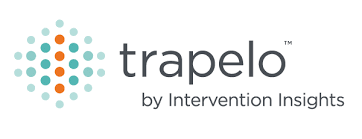


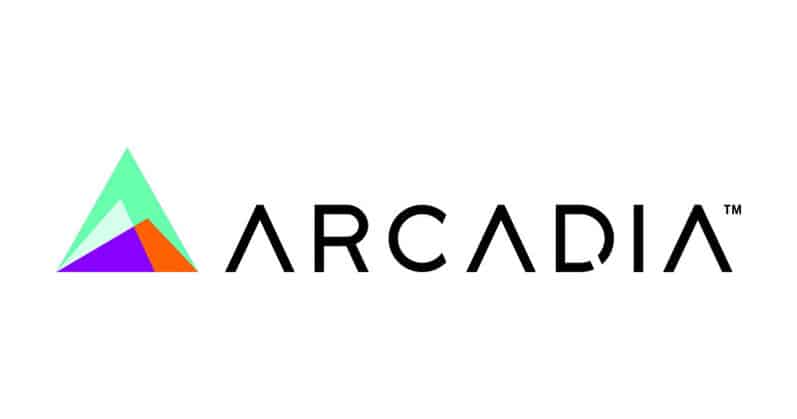
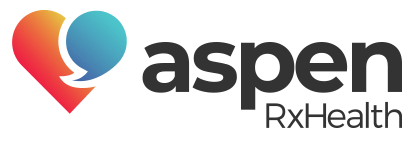


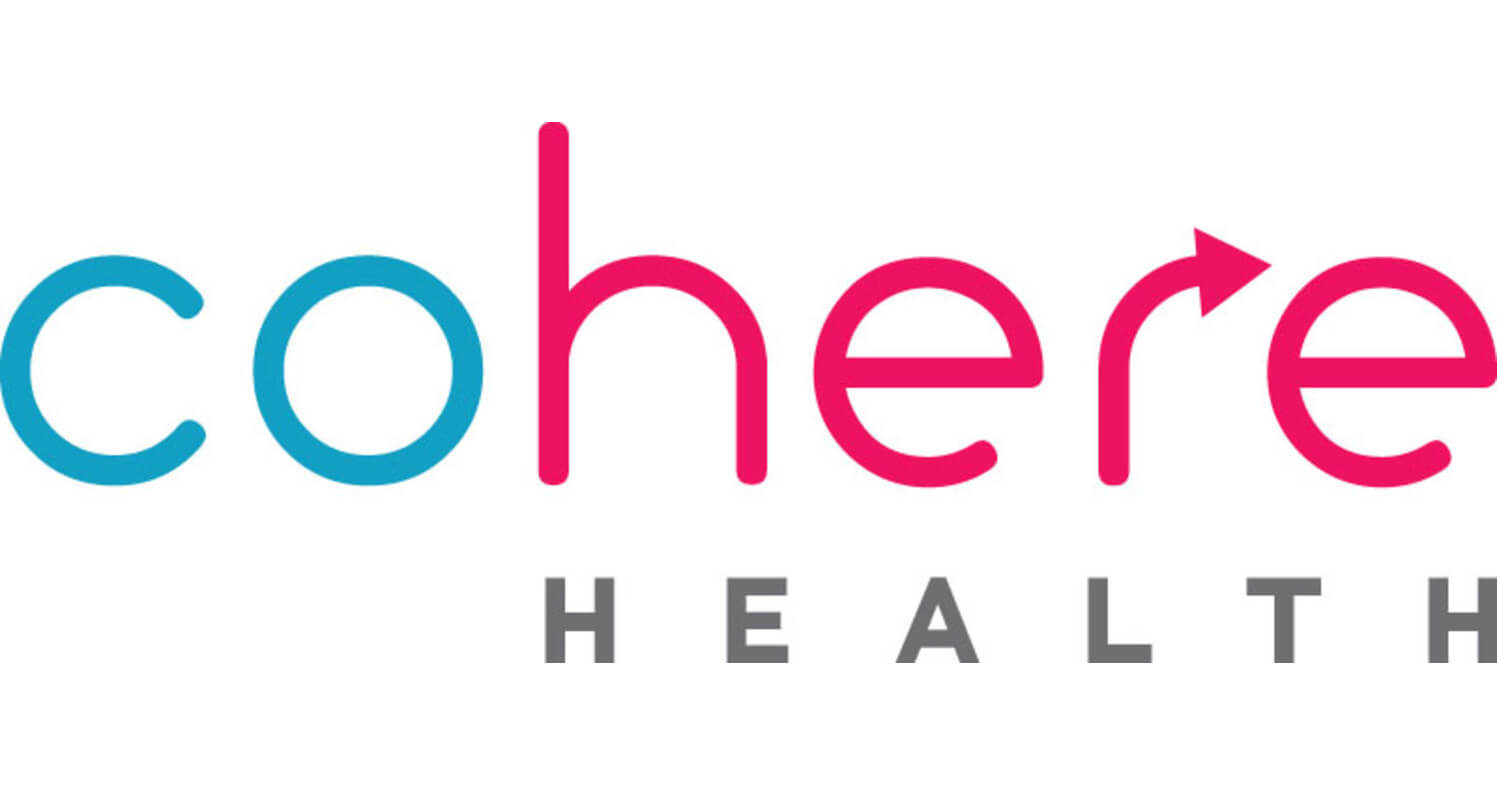
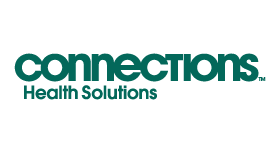


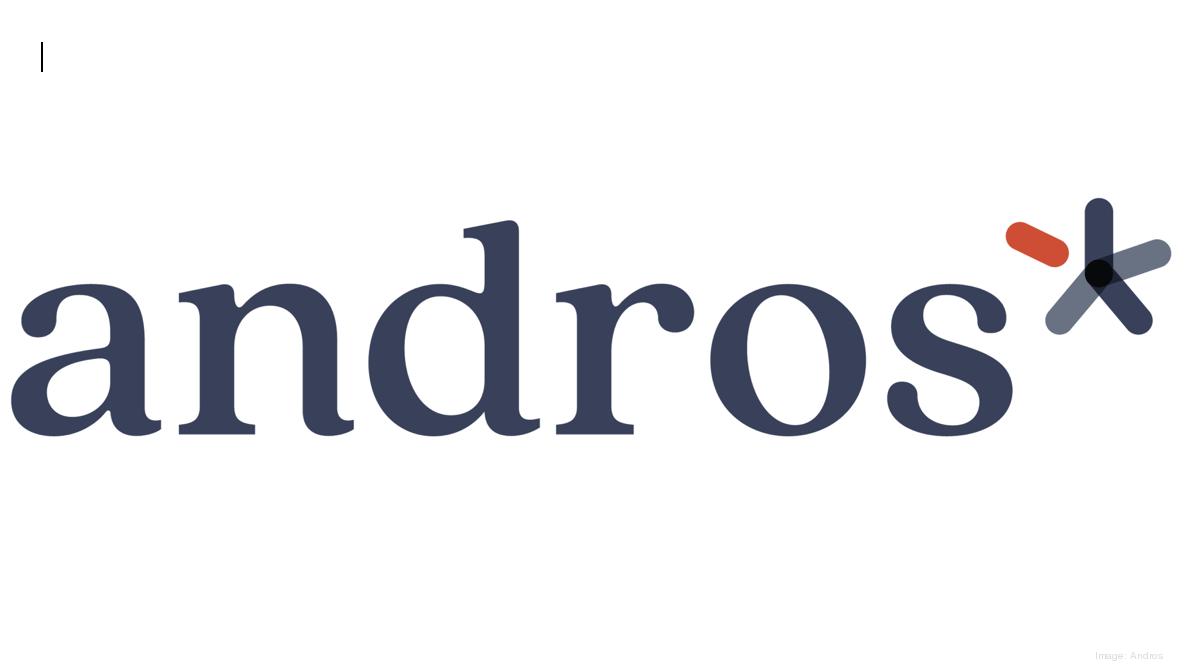

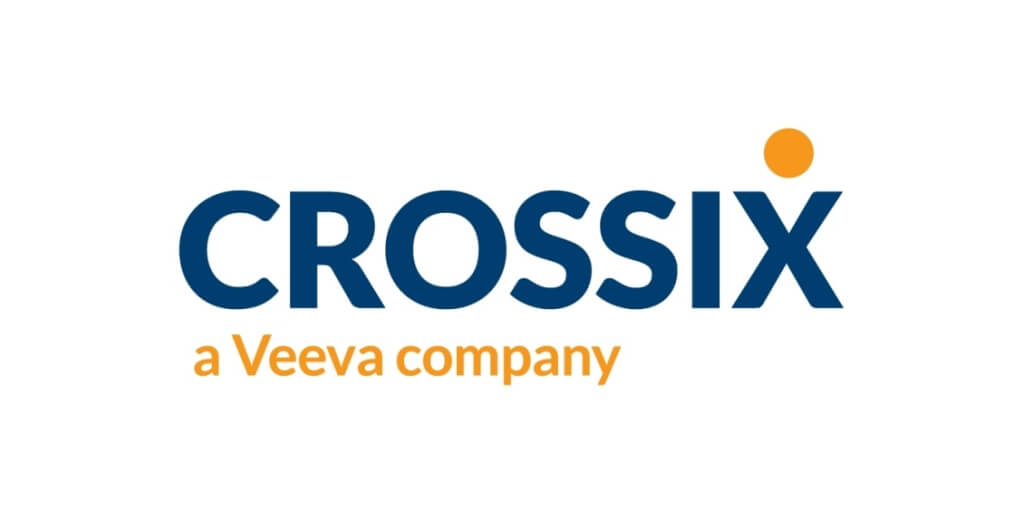
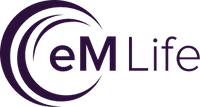
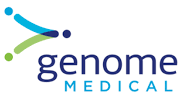
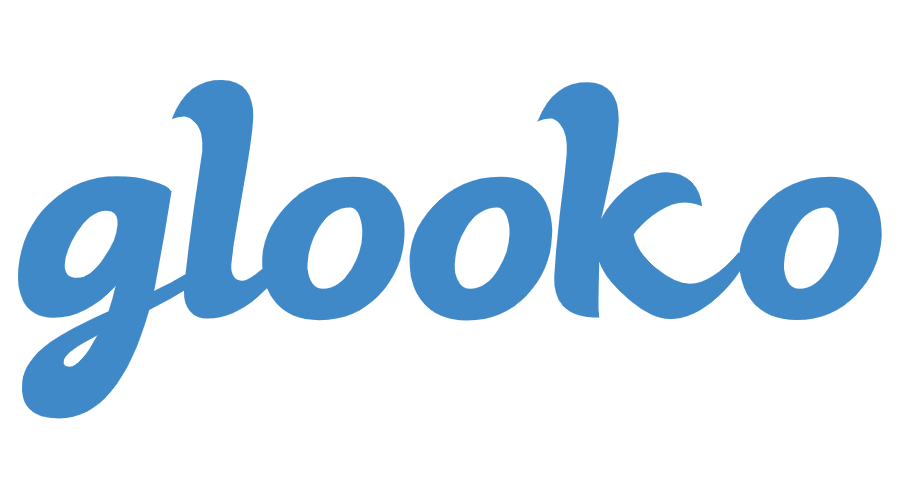
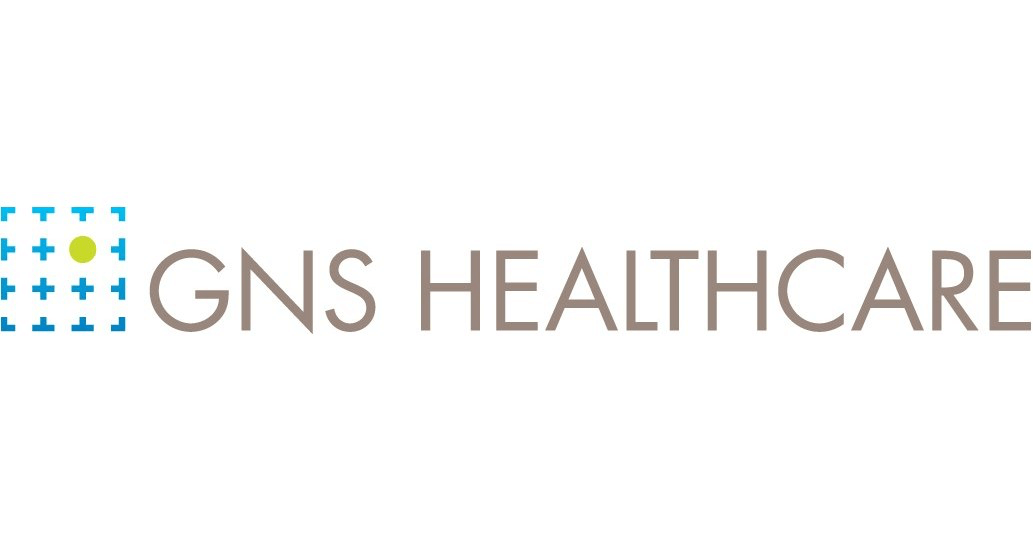
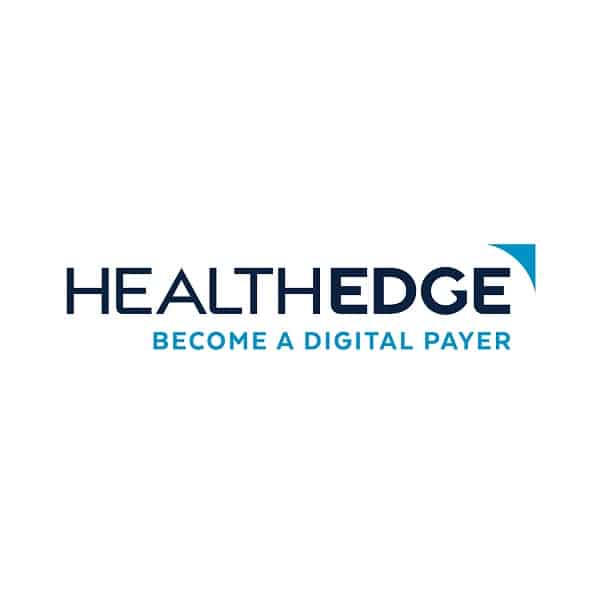





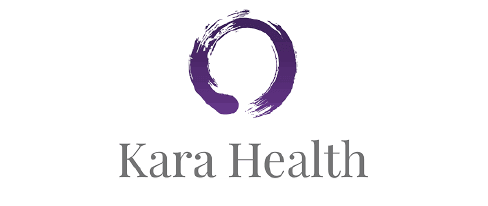

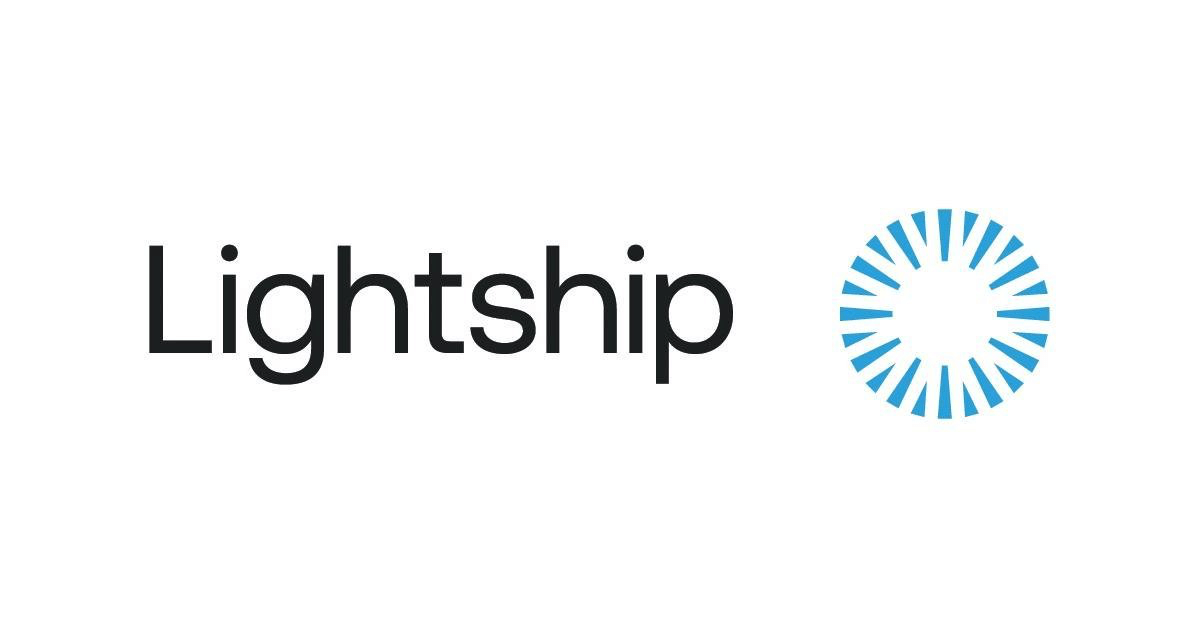



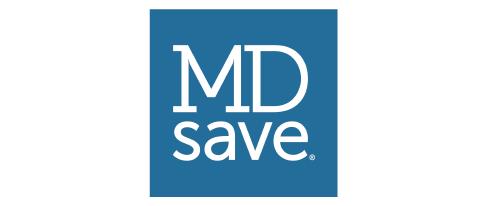



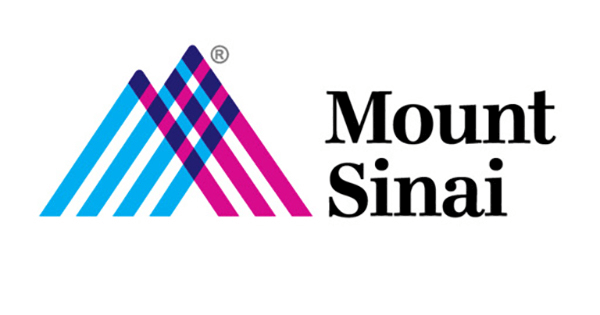




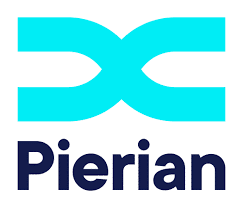
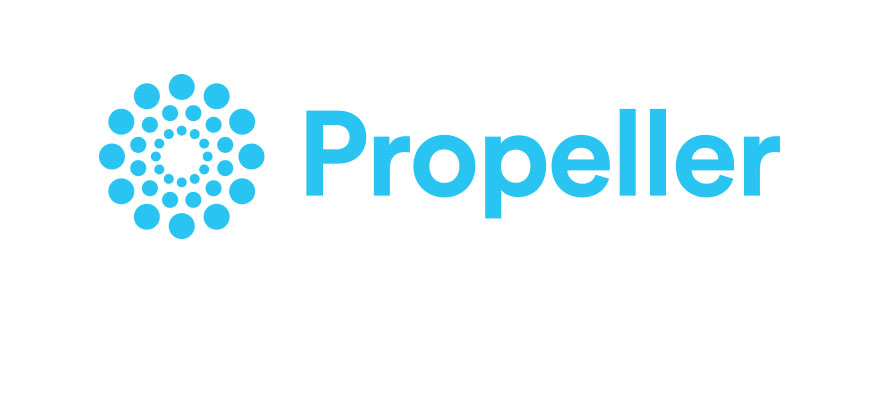


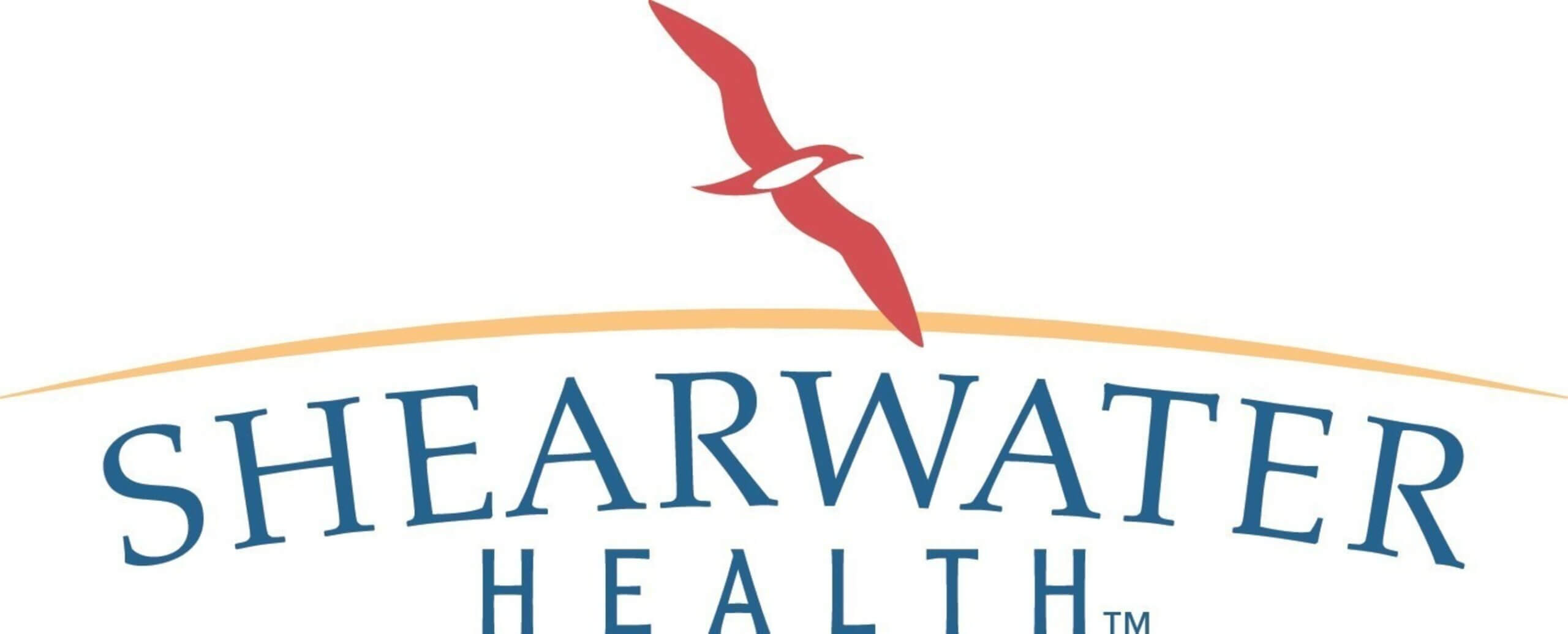




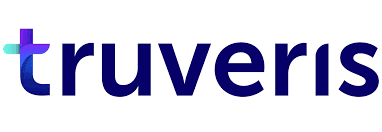

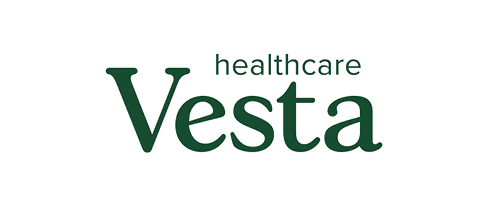

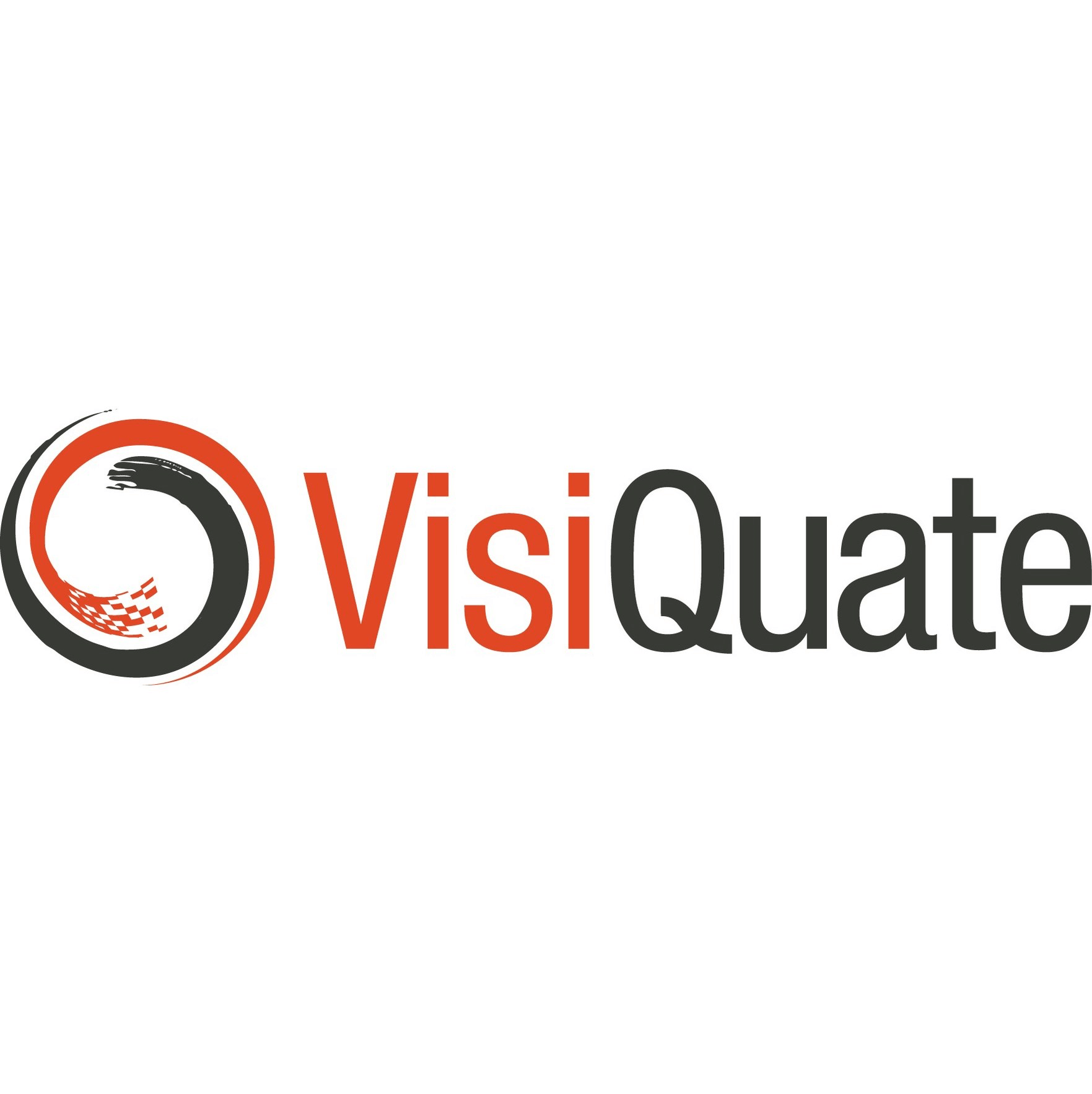
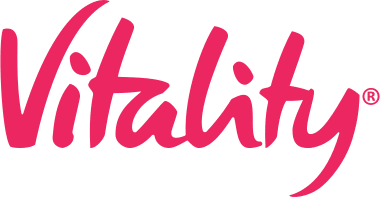







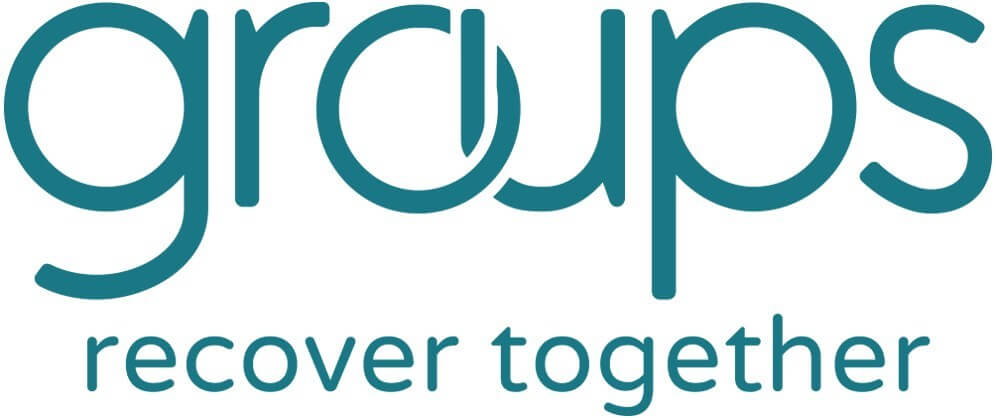

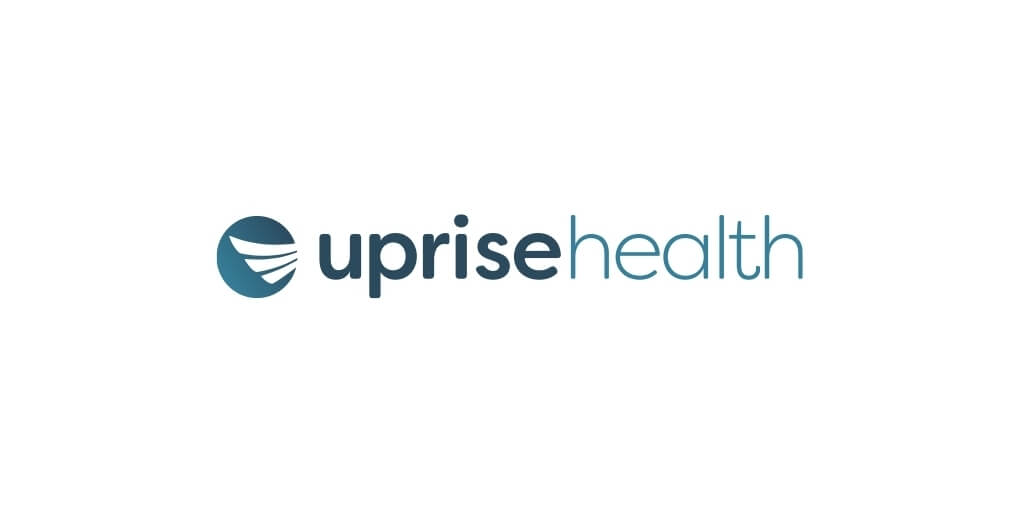


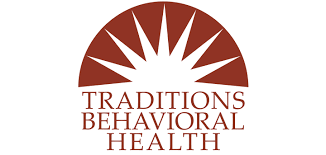


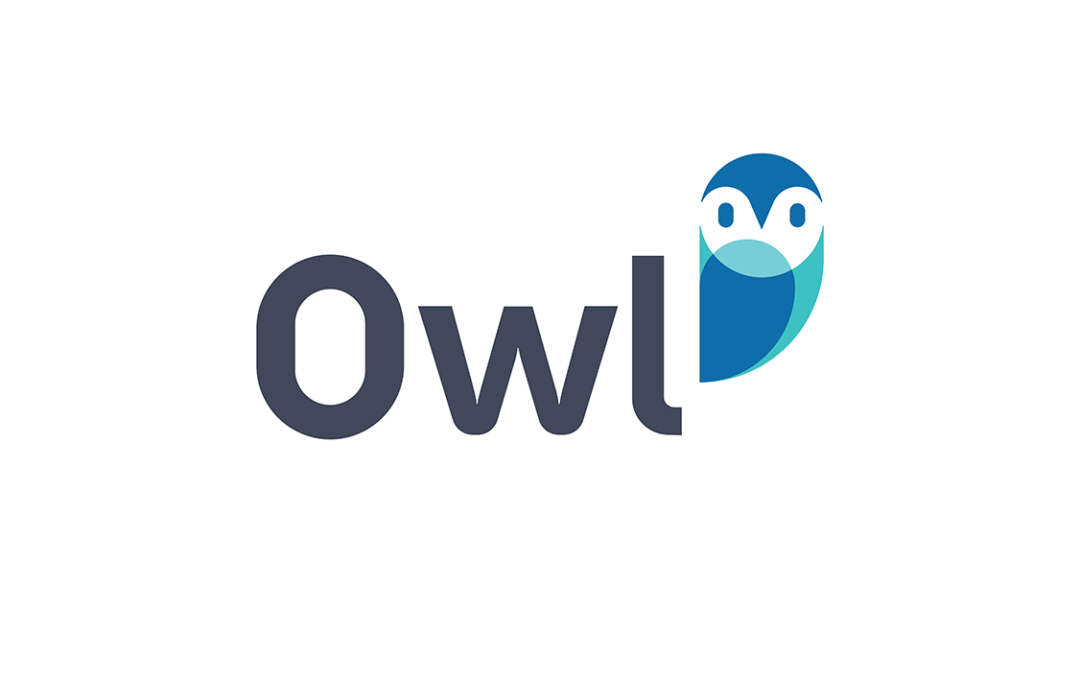



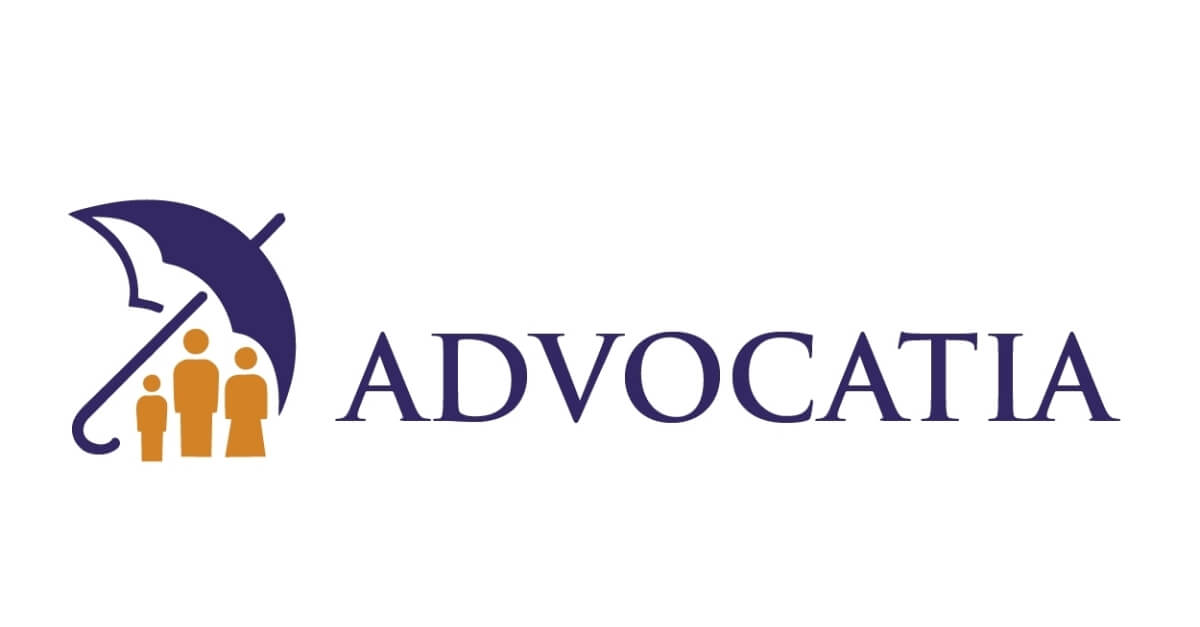
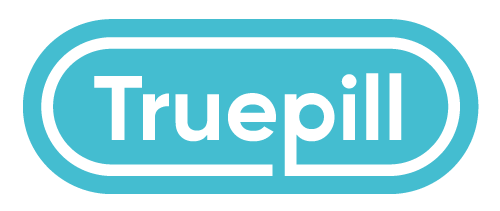
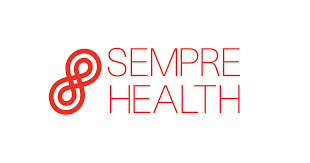
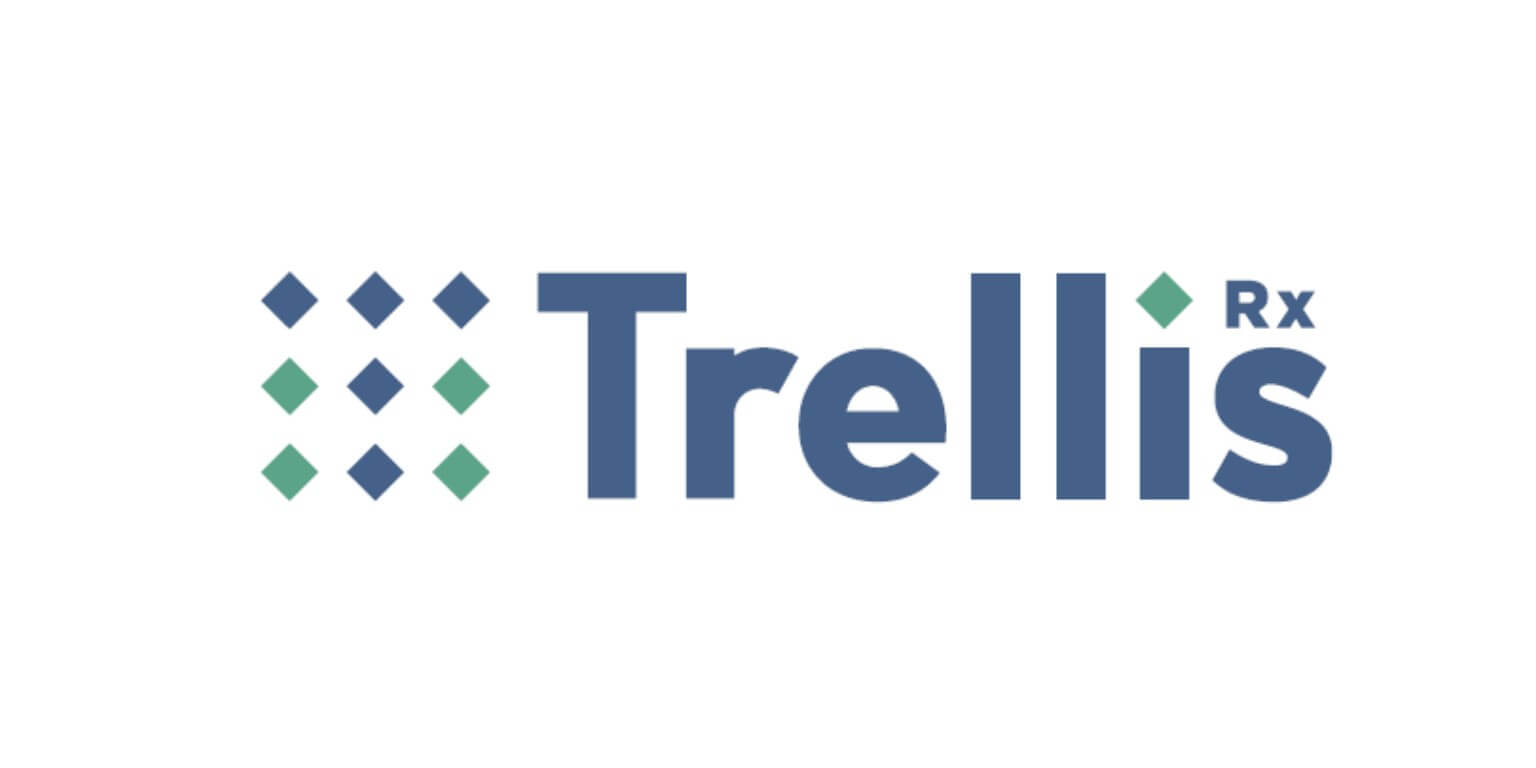

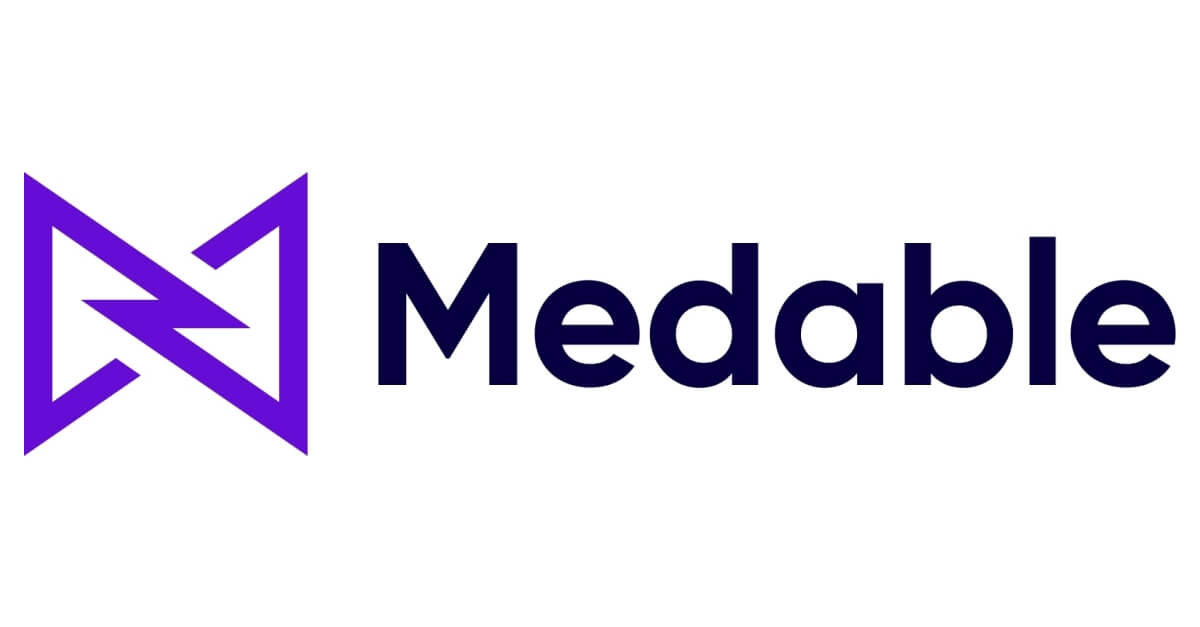




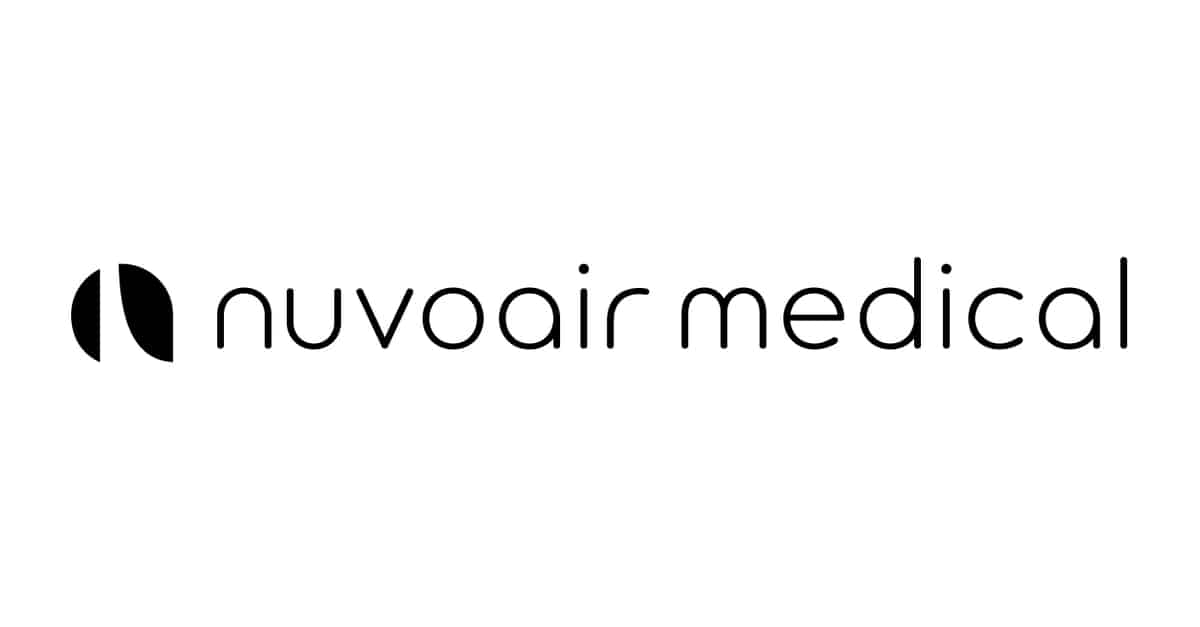
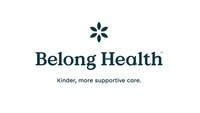

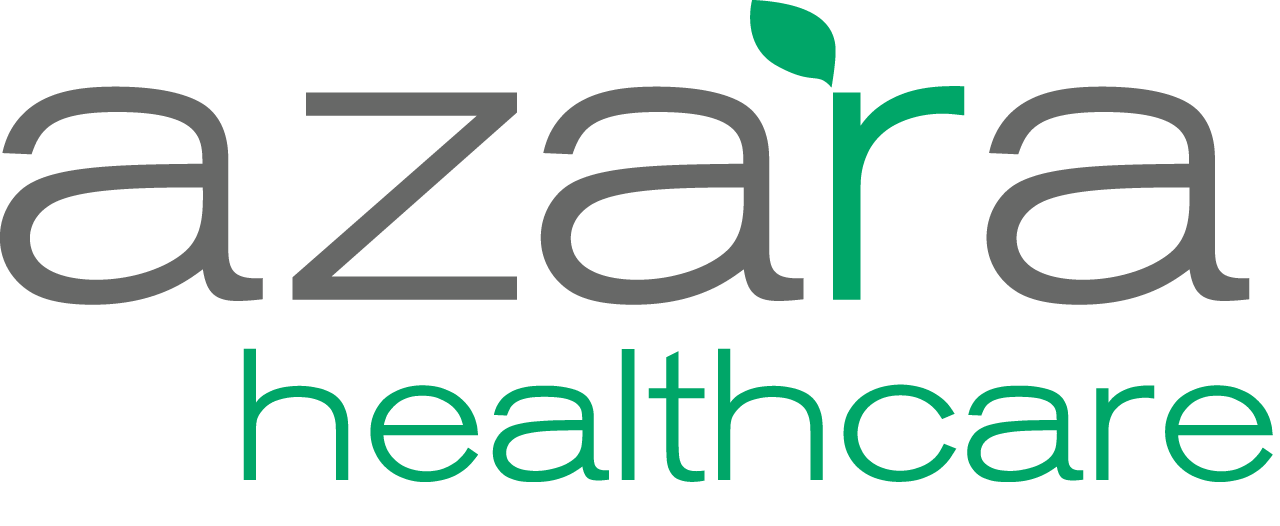


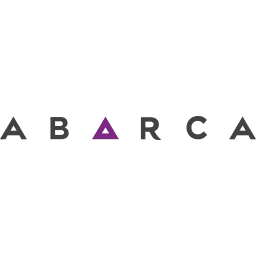







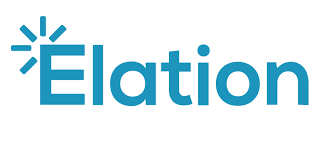
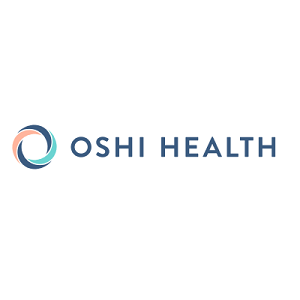
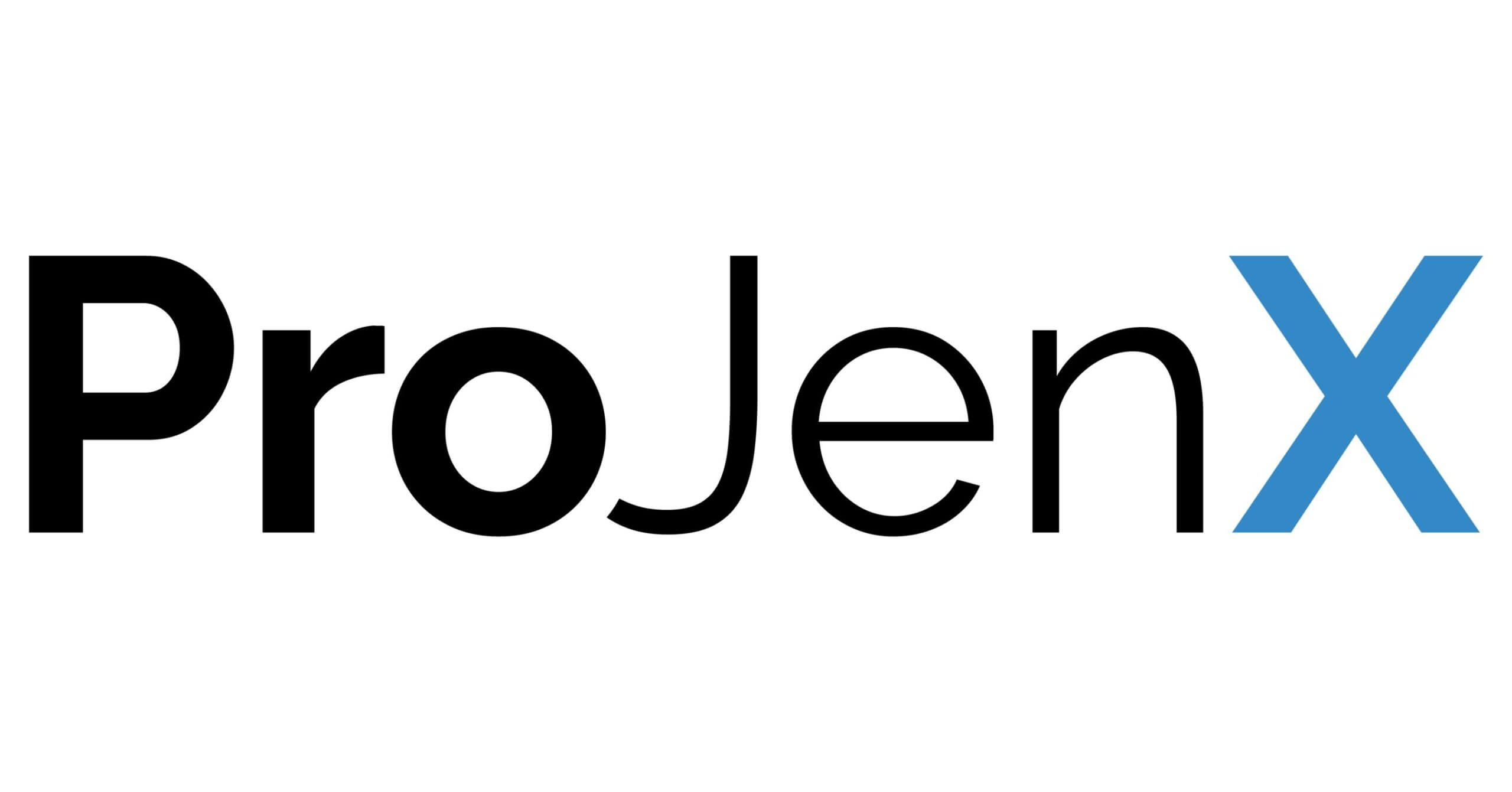

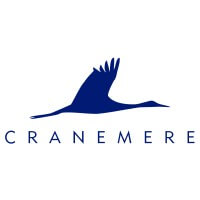




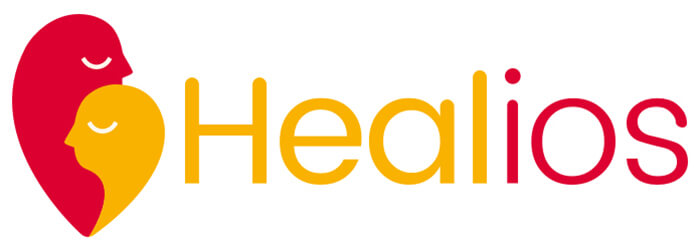

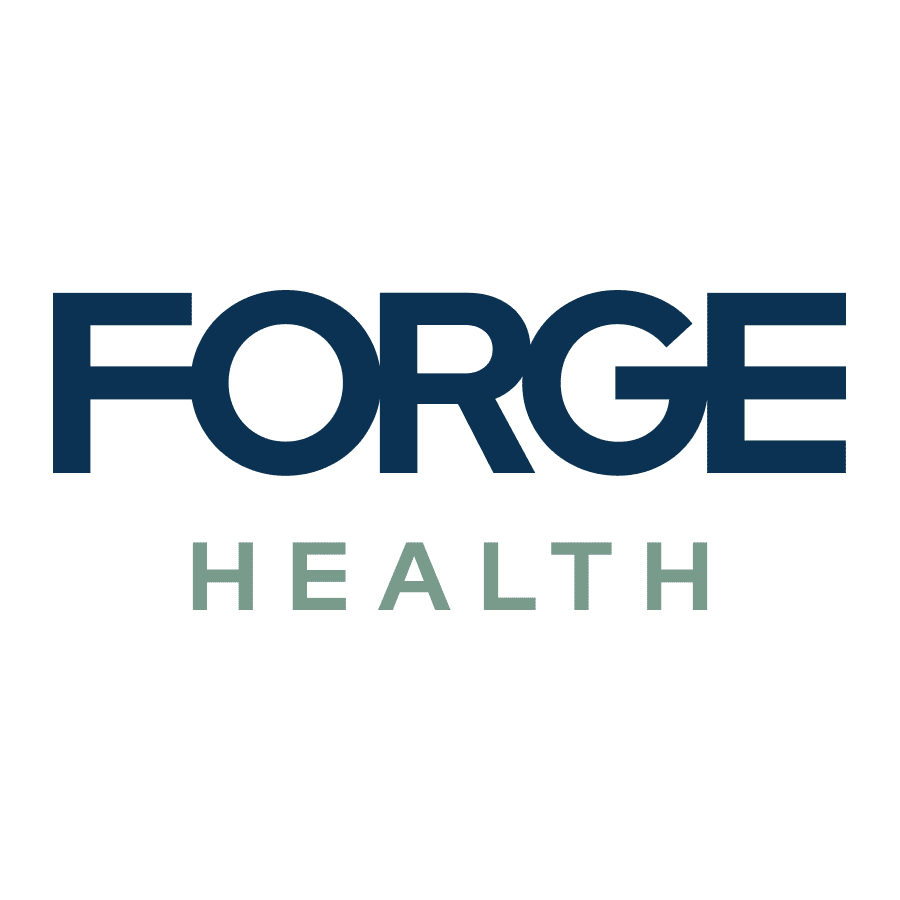
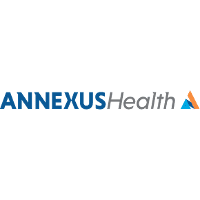
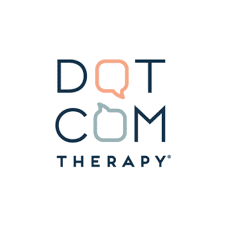
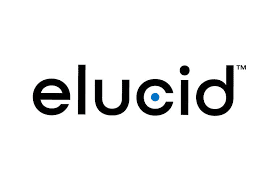
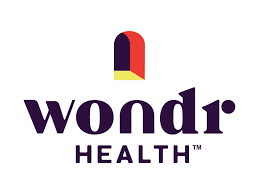
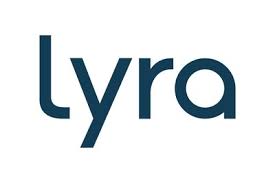


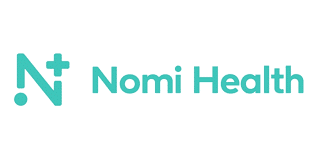
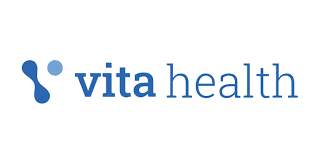
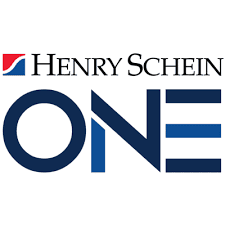

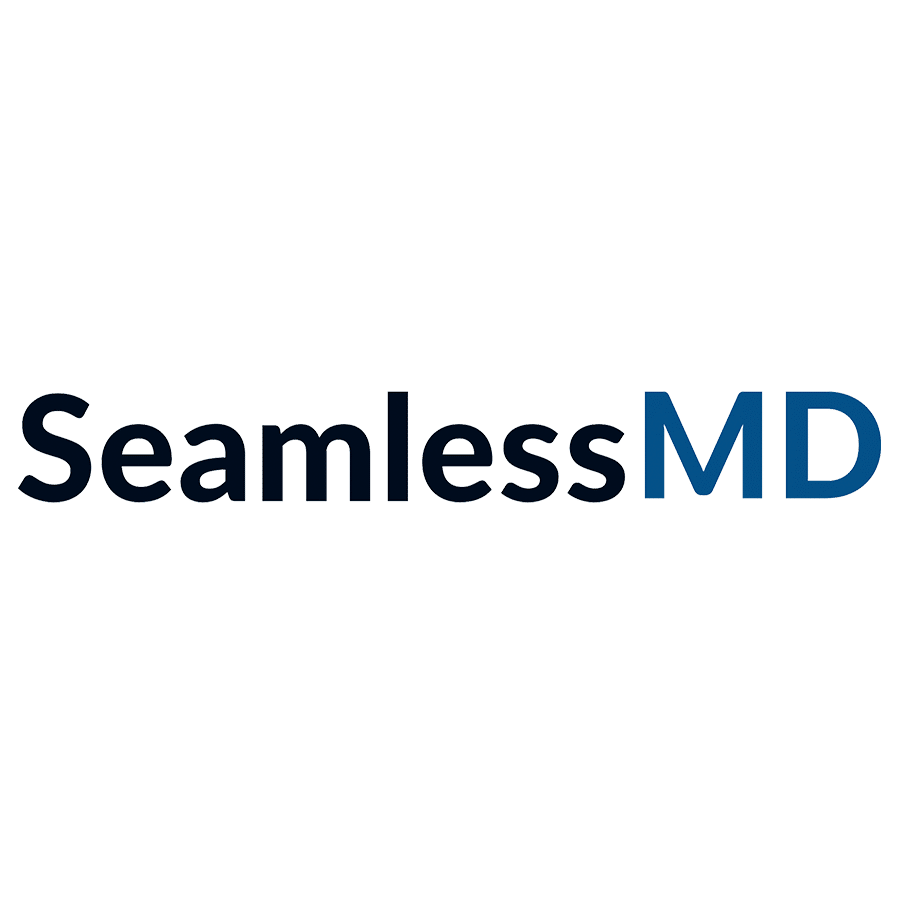
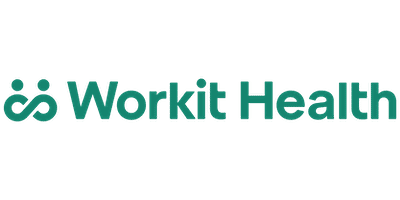







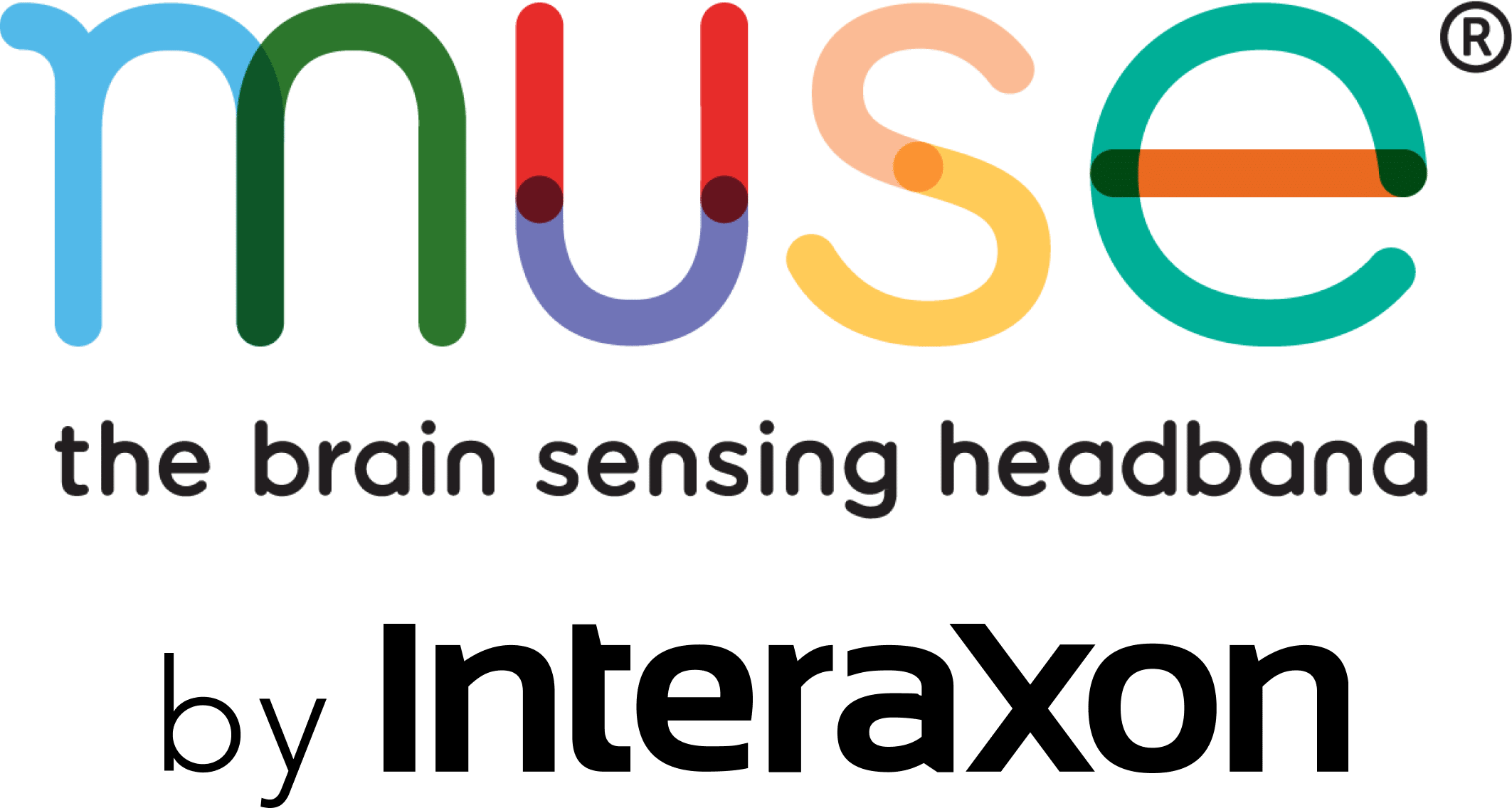

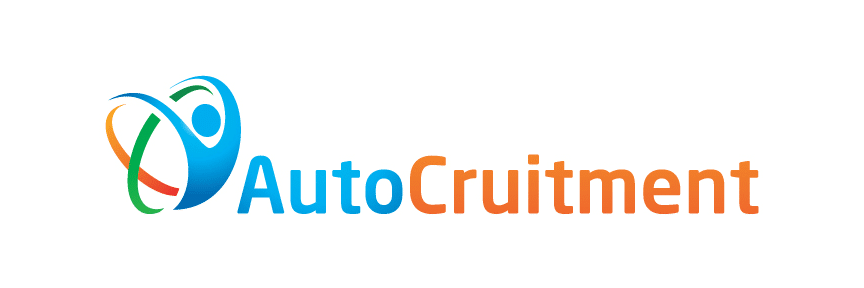
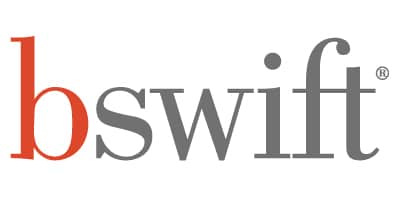
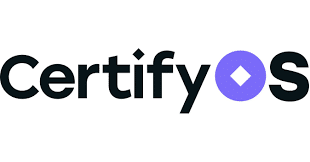




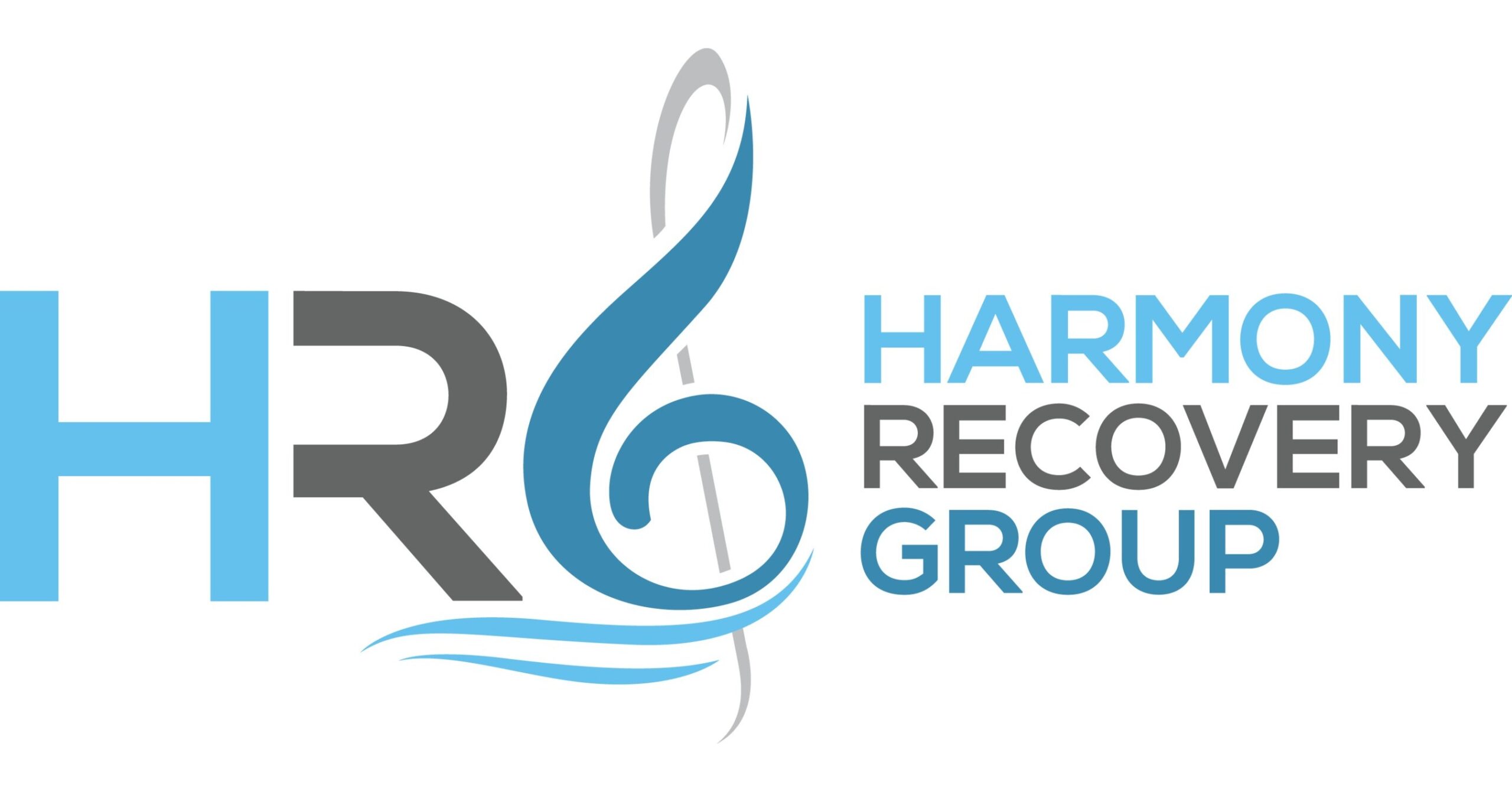

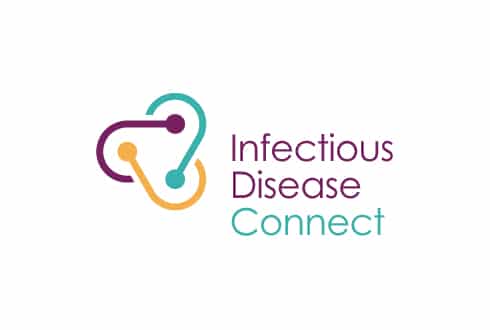
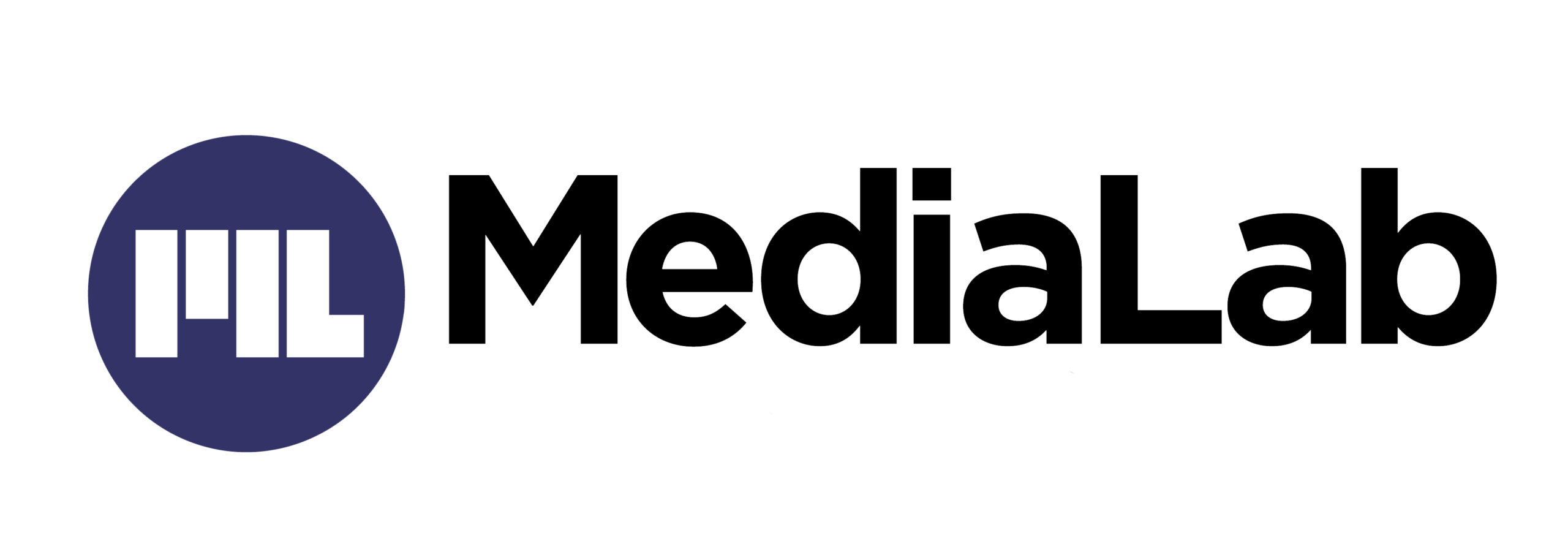

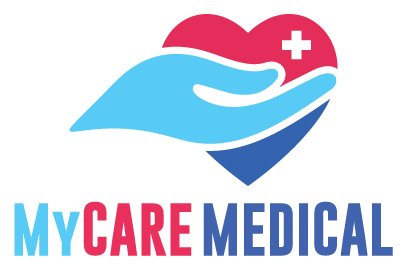

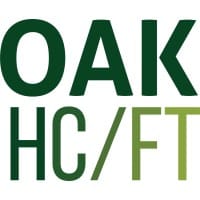




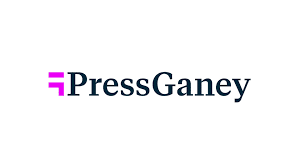
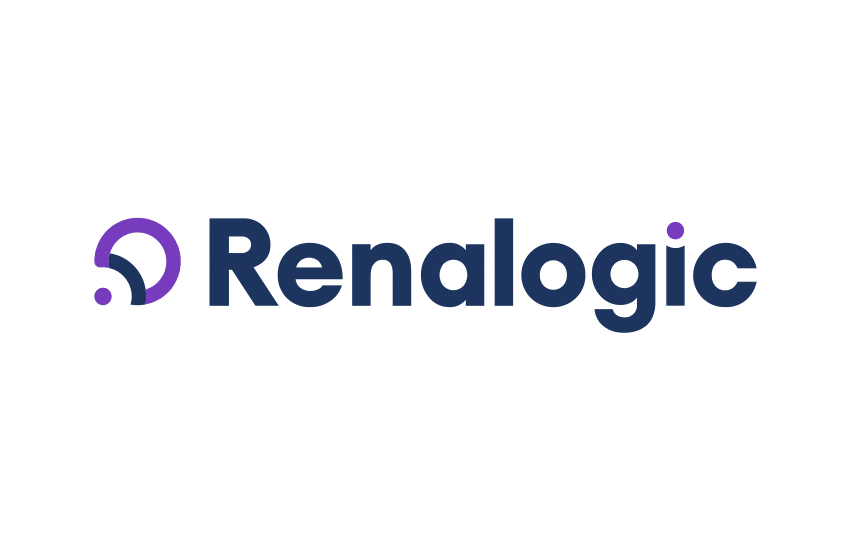

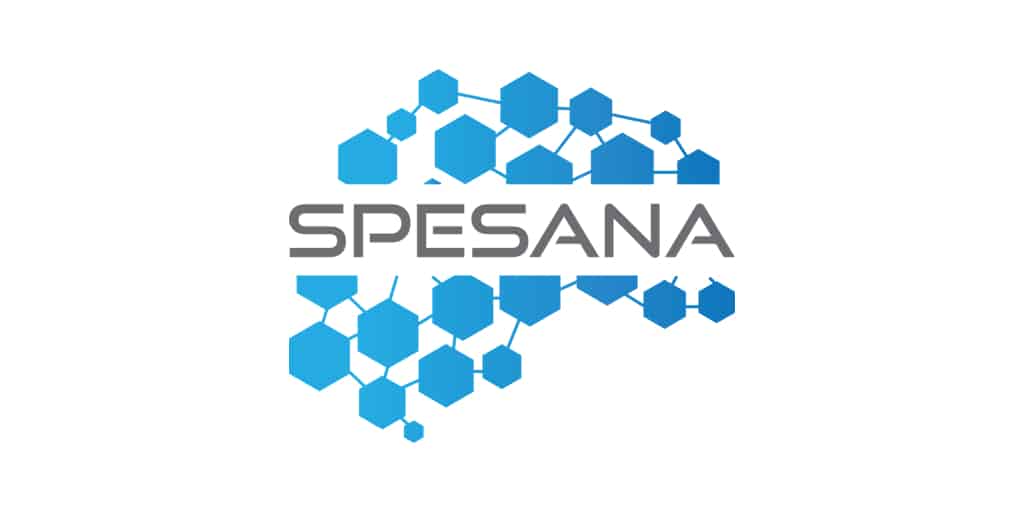

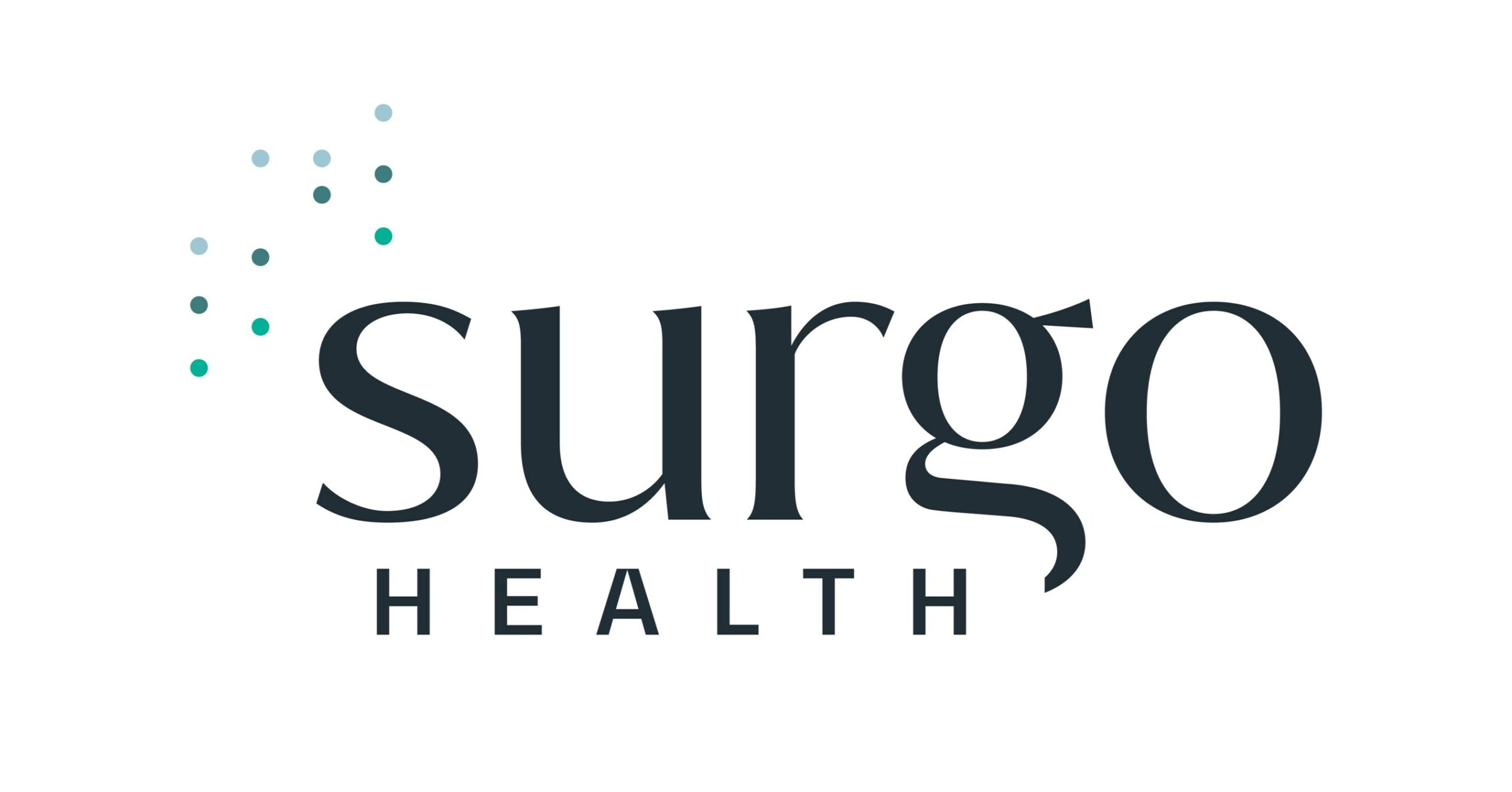

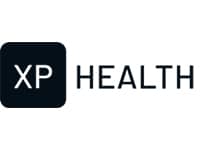
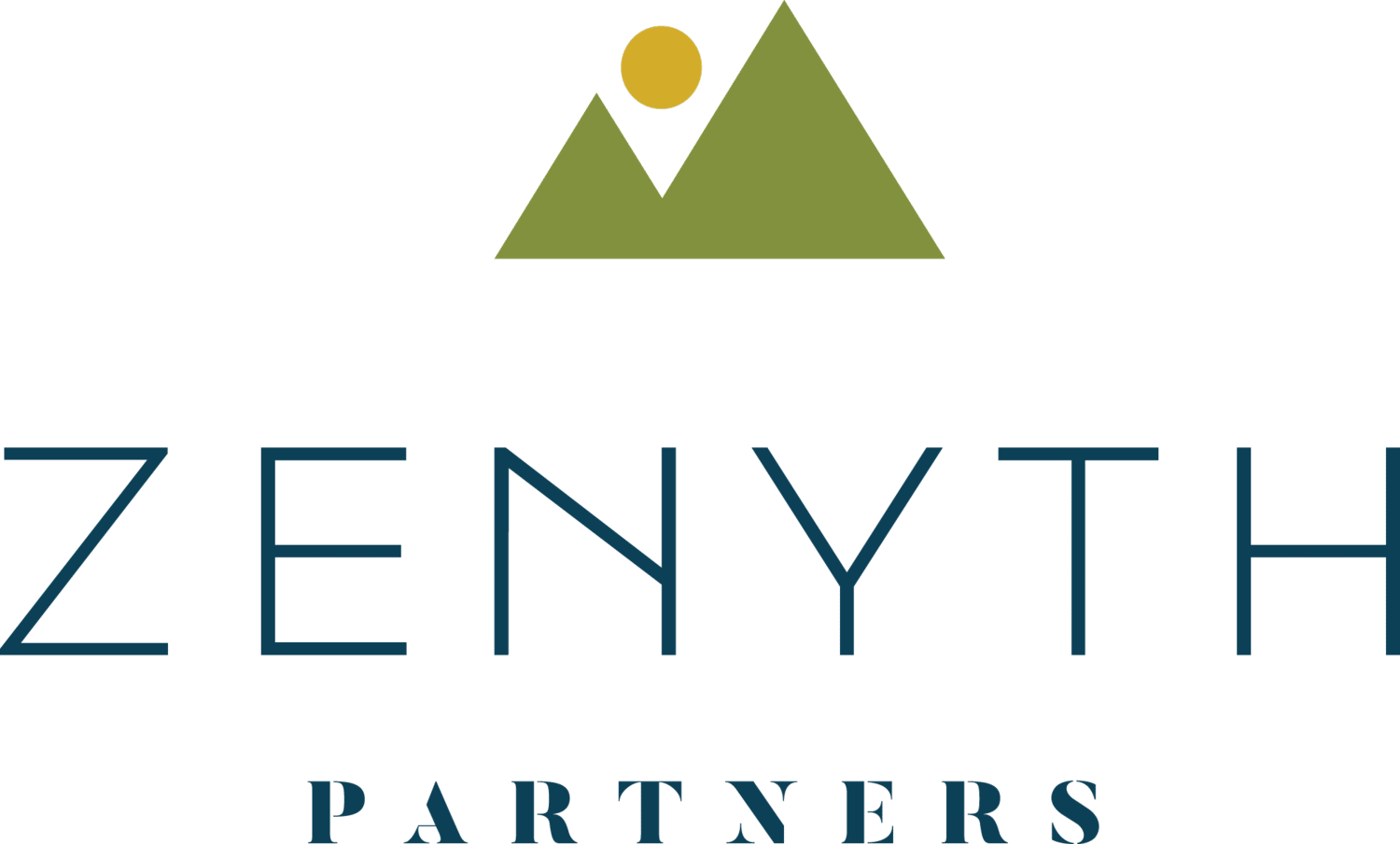

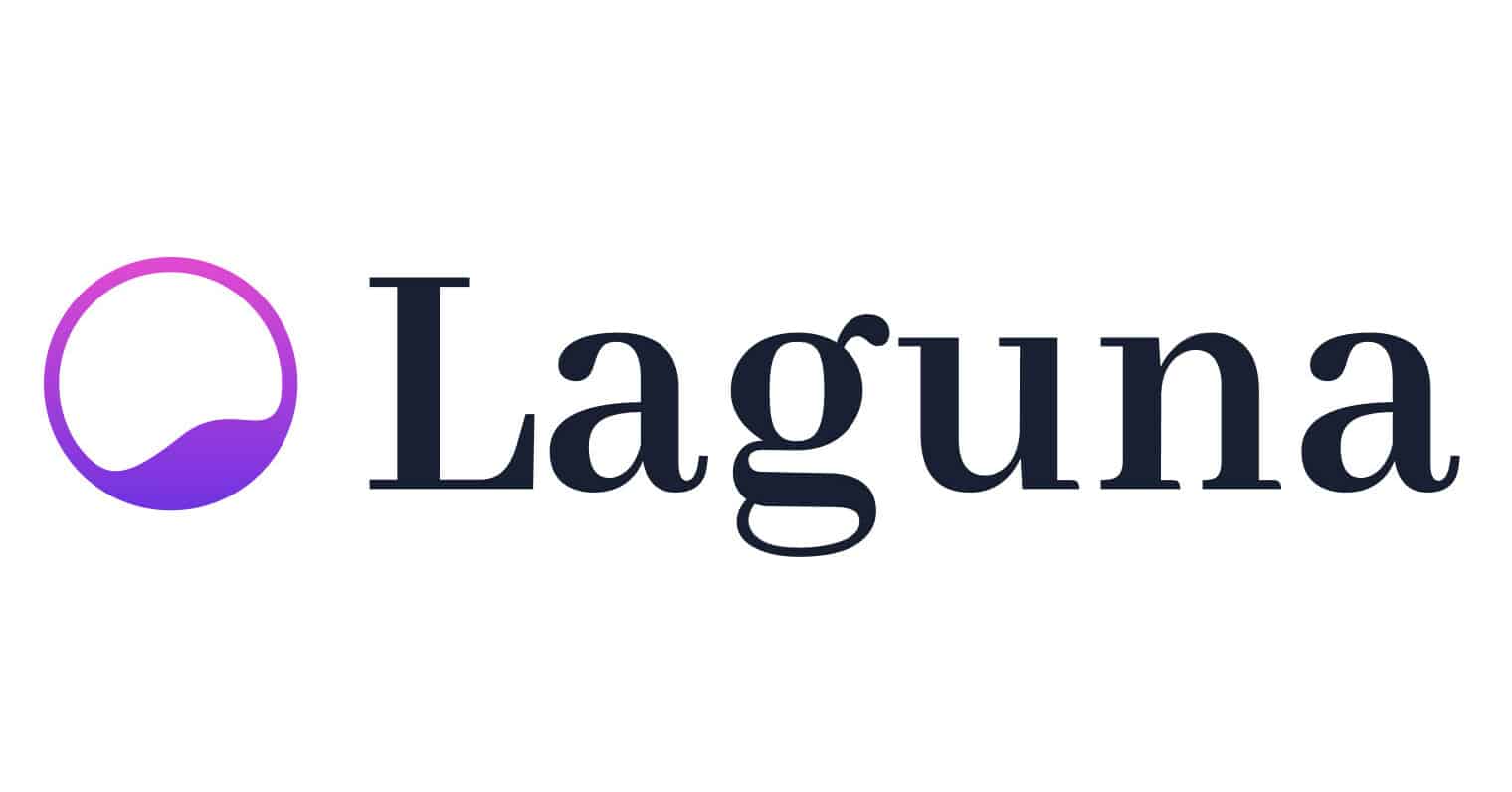

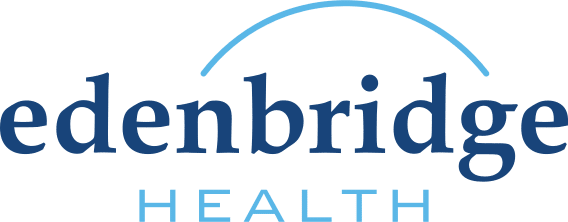
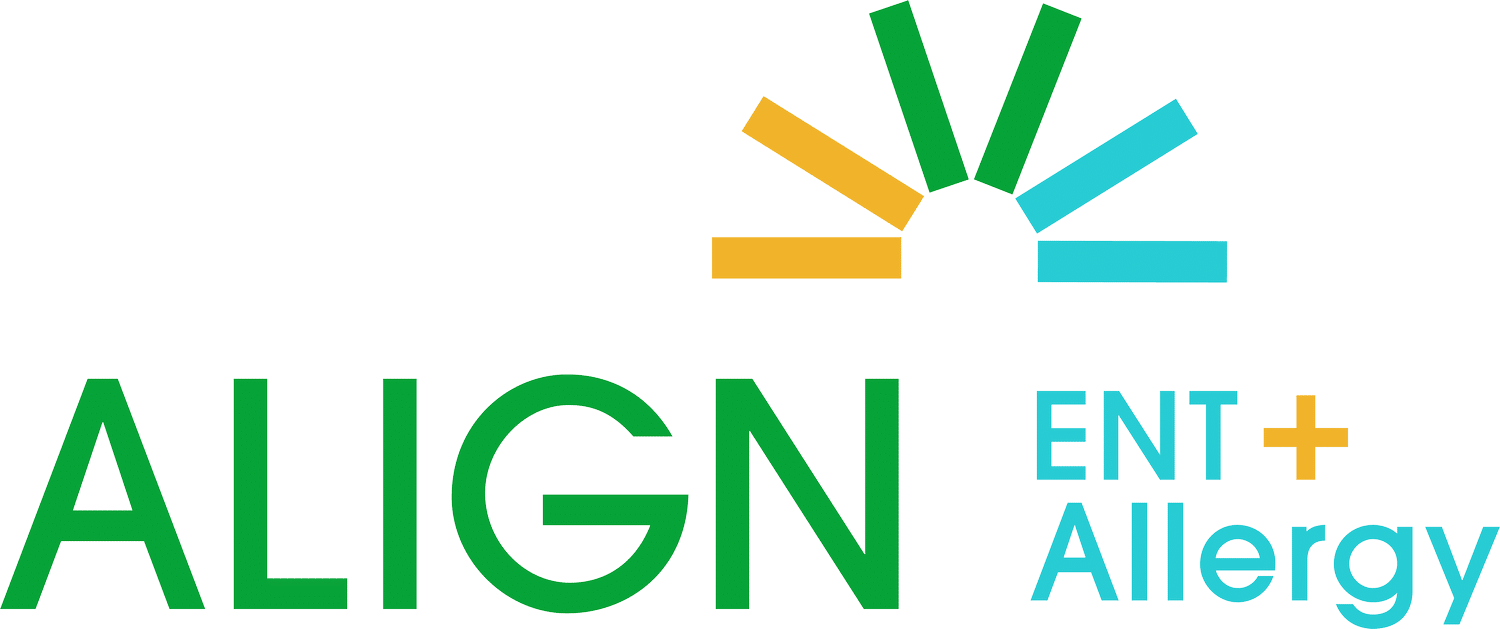











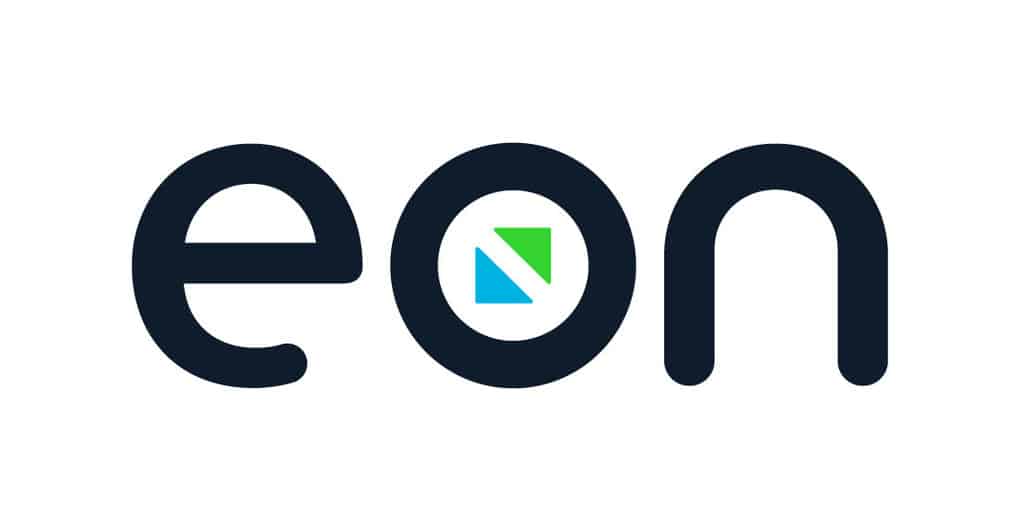

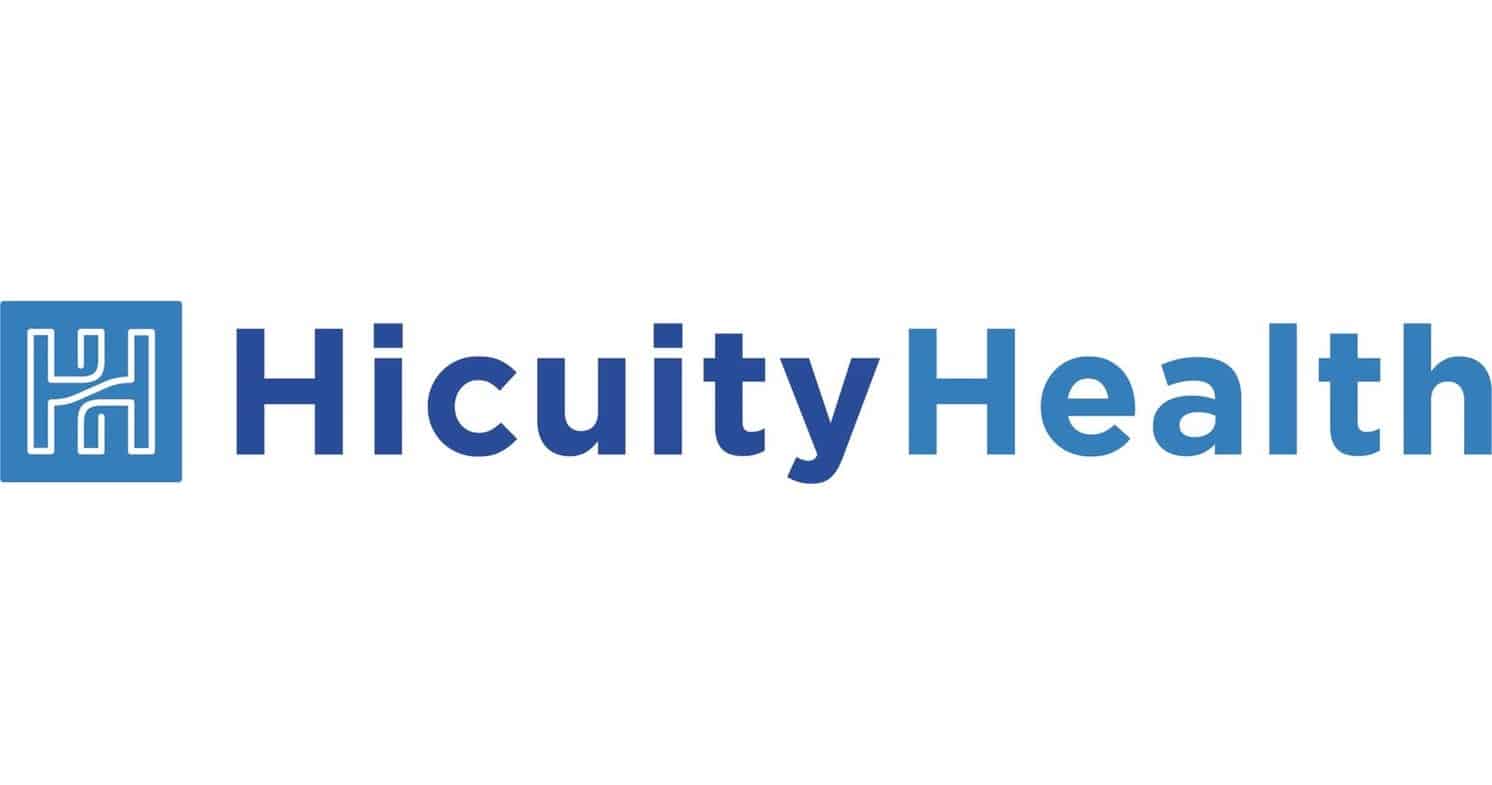



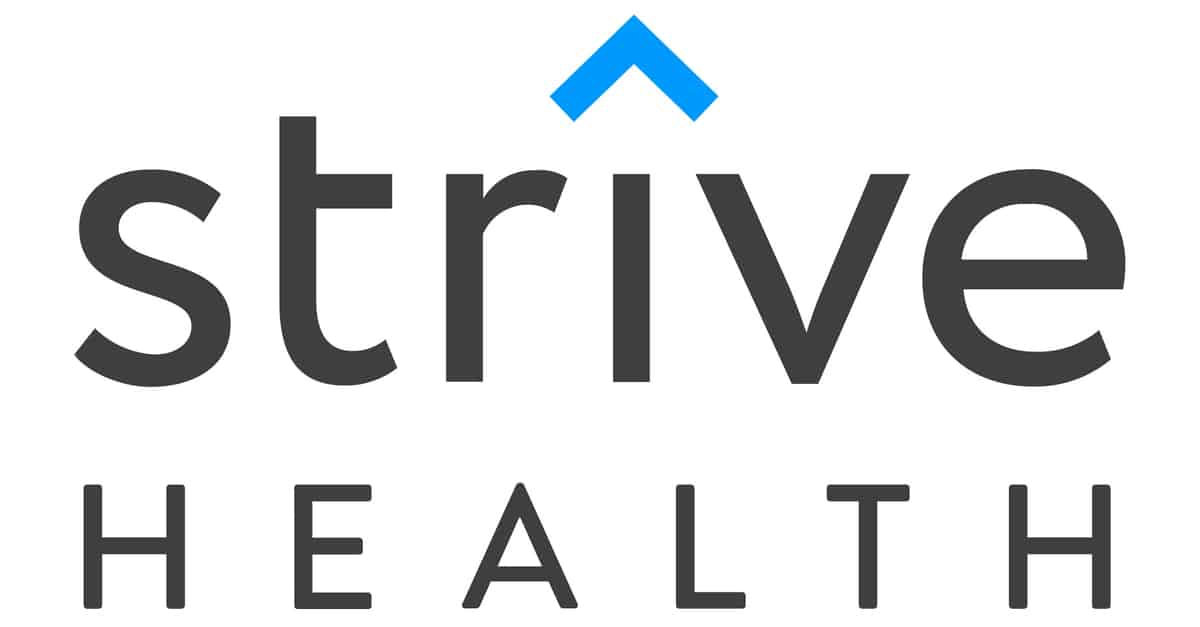
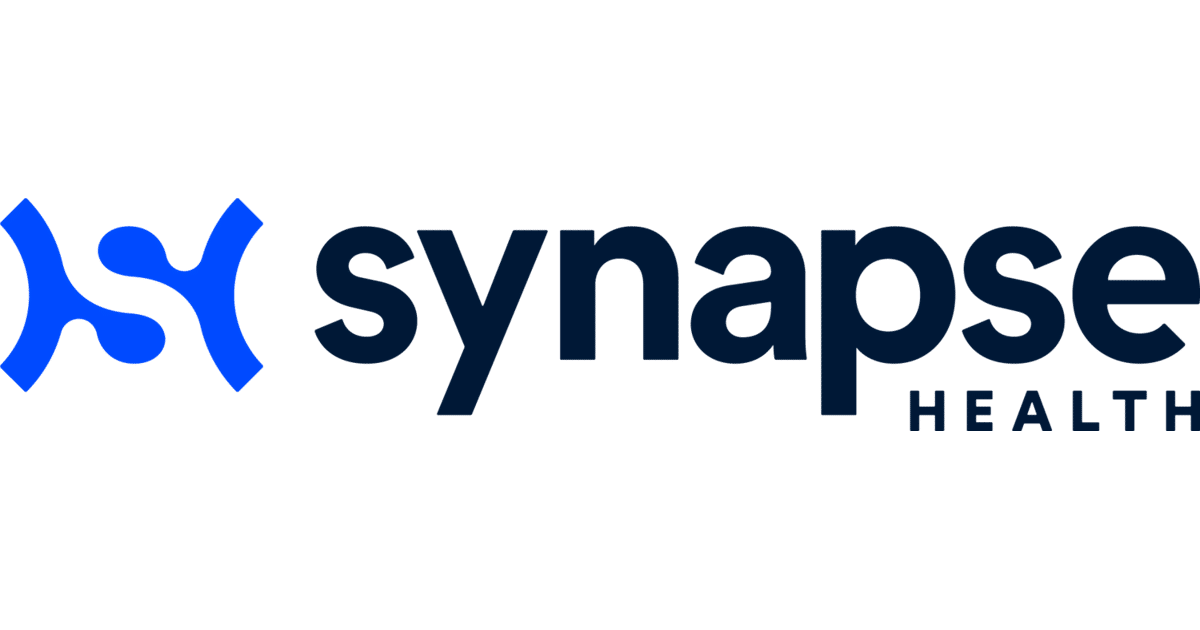
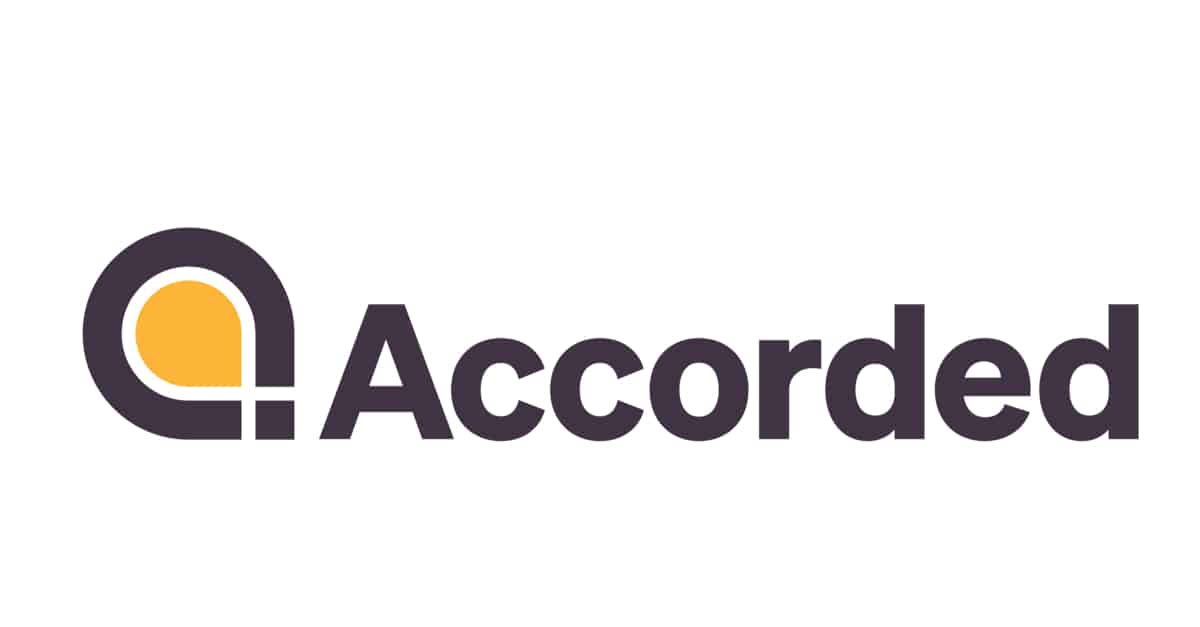


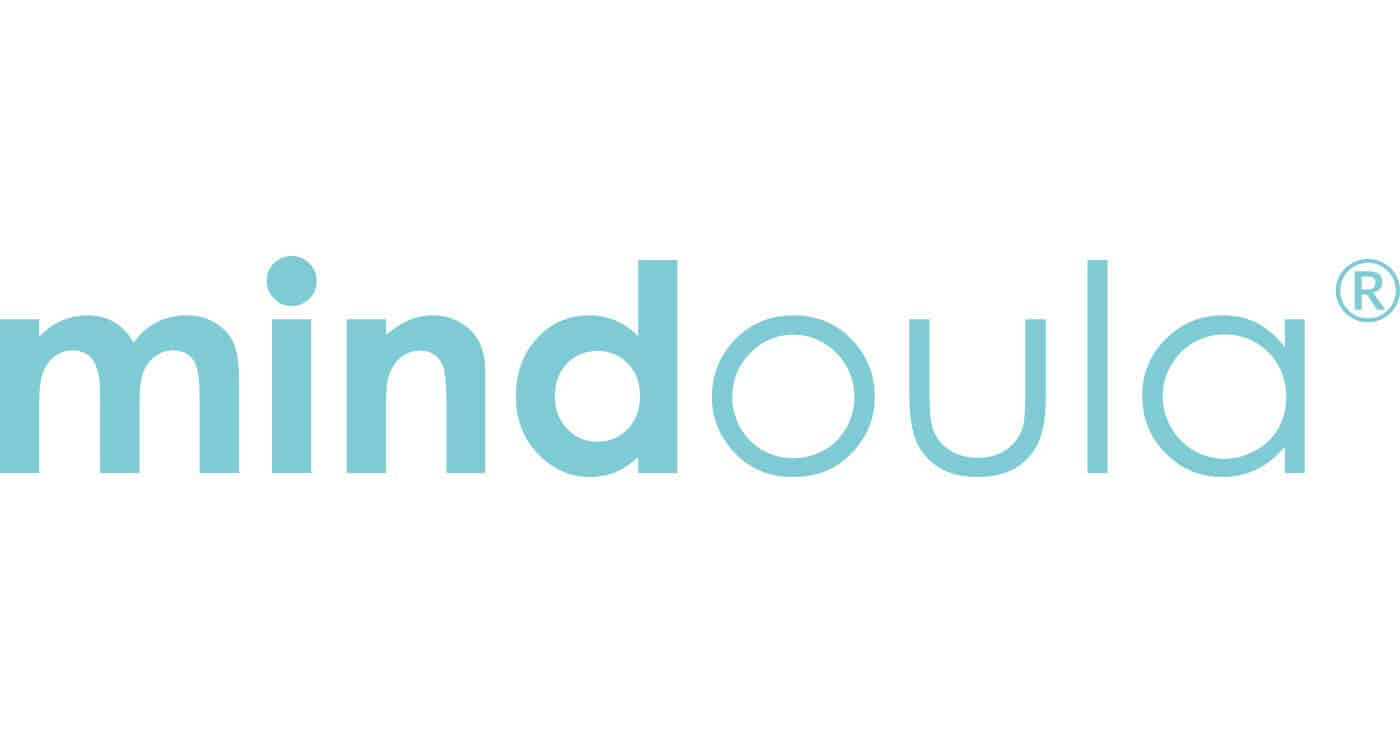

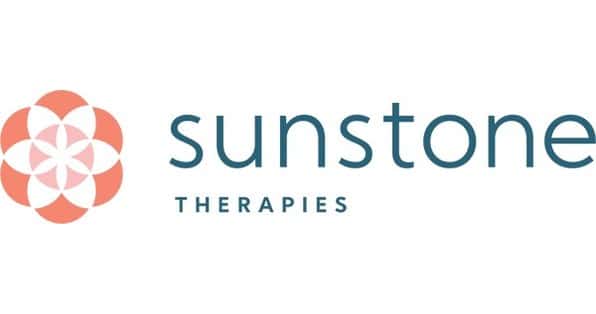
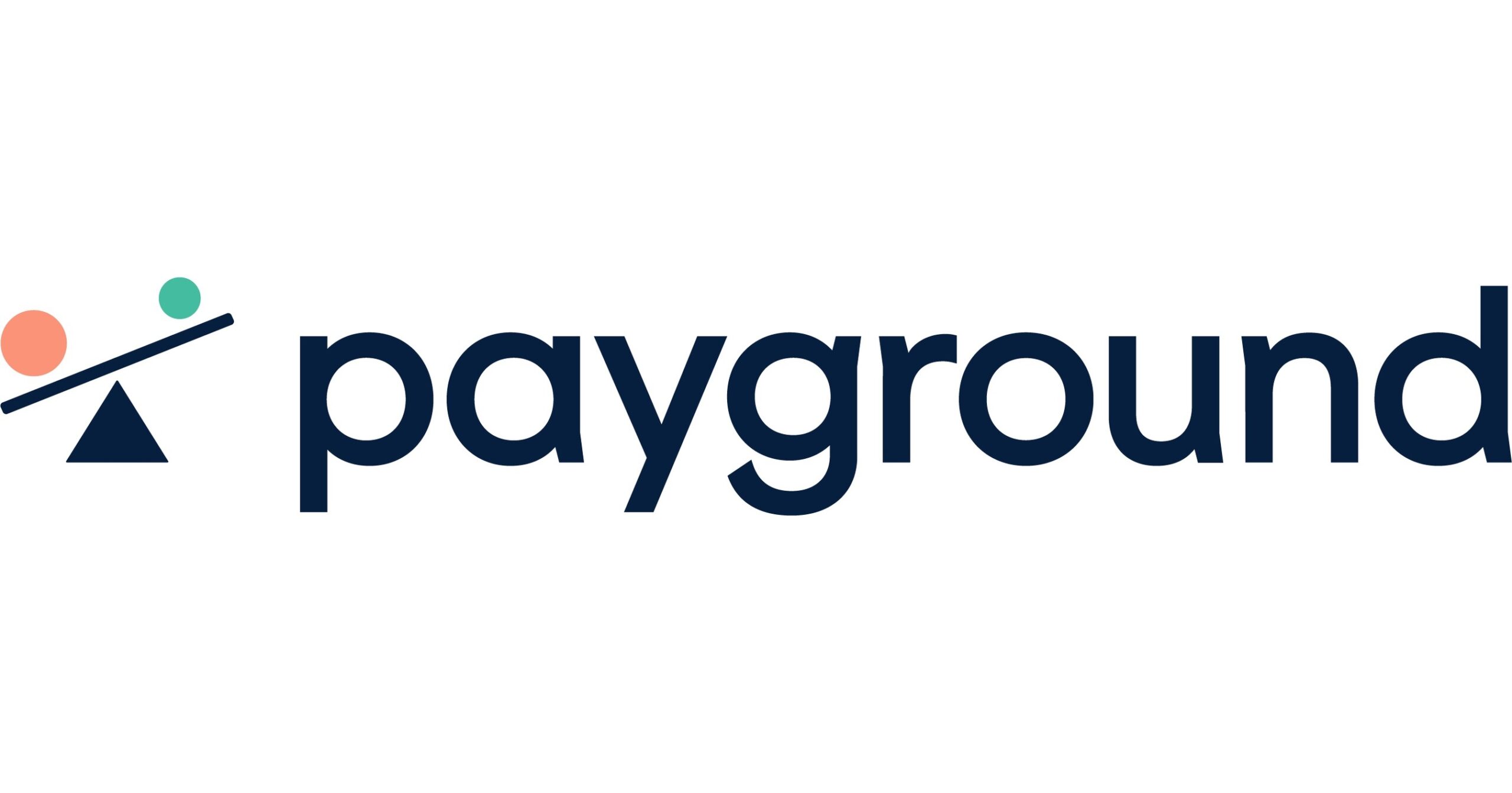

The Supreme Court began hearings this week regarding the legality of the Affordable Care Act (ACA). Preliminary indications suggest the Court will keep the law largely intact. A final ruling could occur by June 2021. A ruling won’t be necessary if Congress executes a simple legislative fix before then. As we concluded in our October 29th article, the ACA, like rock ‘n roll, is here to stay.
This article digs into new federal interoperability rules and pending price transparency rules. They are game changers. These new regulations liberate clinical, pricing and claims data frozen within fragmented, inaccessible silos.
Once fully enacted, the new data-sharing and transparency rules will deliver enough sunlight to melt the data silos and light the path to interoperability, value creation and consumerism. Absent COVID-19 and the ACA repeal circus, these new rules would be 2020’s major healthcare stories. Let’s examine the new interoperability rules first.
On March 6, 2020, the Office of the National Coordinator for Health Information Technology (ONC) and the Centers for Medicare and Medicaid (CMS) released their long-awaited rules governing healthcare data sharing and patients’ access to their own health data. This moment was a victory for health data liberation and innovation.
The new data-access rules require health insurers and providers to grant third-party developers access to patient health records, including screenshots, through standardized protocols. They further require providers to inform one another regarding patient admissions, discharges and transfers. Finally, the rules enable patients to get access to their health information through third-party apps that they authorize.
Expansive and secure data interoperability has driven technological value in other vital industries (e.g. banking, telecommunications, transportation). Despite lagging 10-15 years behind other sectors, healthcare will not be an exception. As the new interoperability rules become fully functional, they will unleash America’s innovation engine on the nation’s most fragmented, inefficient and consumer-unfriendly industry.
In another bold regulatory move announced on November 15, 2019, Health and Human Services (HHS) issued a proposed transparency rule governing hospital treatment prices. As documented in a recent RAND study, payments by commercial health insurers to hospitals are 2.5x more than Medicare’s for the same treatments. This remarkable payment discrepancy makes healthcare increasingly unaffordable to average Americans.
In an accompanying press release, HHS asserted that the proposed rule would require hospitals to give patients accurate out-of-pocket costs in advance of scheduled treatments. It also would require hospitals to disclose negotiated commercial treatment rates as well as discounted prices for cash payment. These transparency requirements will enable consumers to exercise more control in their healthcare purchases.
Almost immediately, the American Hospital Association and other hospital groups filed suit to block the implementation of the price transparency rules. On June 23, 2020, Judge Carl Nichols of the D.C. District Court dismissed the suit, opining that hospitals’ resistance to transparency measures was anticompetitive and restricted fair access to treatment prices. [1]
The hospital group appealed the ruling to a three-judge panel of the D.C. Court of Appeals. Oral arguments on October 15, 2020, did not go well. Skeptical judges questioned why patients could not know the price of X-rays in advance of treatment, since hospitals issue bills for all treatments. If as expected the Court decides in HHS’s favor, the new rule will go into effect on January 1, 2021.
Greg Born, the President of MDsave notes that “healthcare is among the last vestiges of economic activity that consumerism hasn’t touched.” MDsave offers a low upfront bundled price for specific treatments for cash-paying patients. This includes high deductible plans, patients who haven’t met their deductibles, non-covered services, or those who are uninsured.
For patients, Born notes, “Using MDsave is as easy as buying on Amazon. Prices are clear, and providers receive payment within four days through electronic funds transfers. This process eliminates costly surprises and delays. It makes everybody happy.”
Imagine a multitude of MDsave-like companies designing and delivering healthcare services that meet consumers’ specific needs and preferences. With transparent, interoperable data flows, these healthcare technology companies will delight consumers by offering great products at competitive prices with incredible service. That’s the American way.
The ACA has increased access to affordable health insurance. It has not led to better outcomes, personalized service delivery, and/or lower costs. Data interoperability and pricing transparency have the compounding power to transform healthcare services for the better. Innovative, customer-friendly companies will lead the charge.

































































































































































































